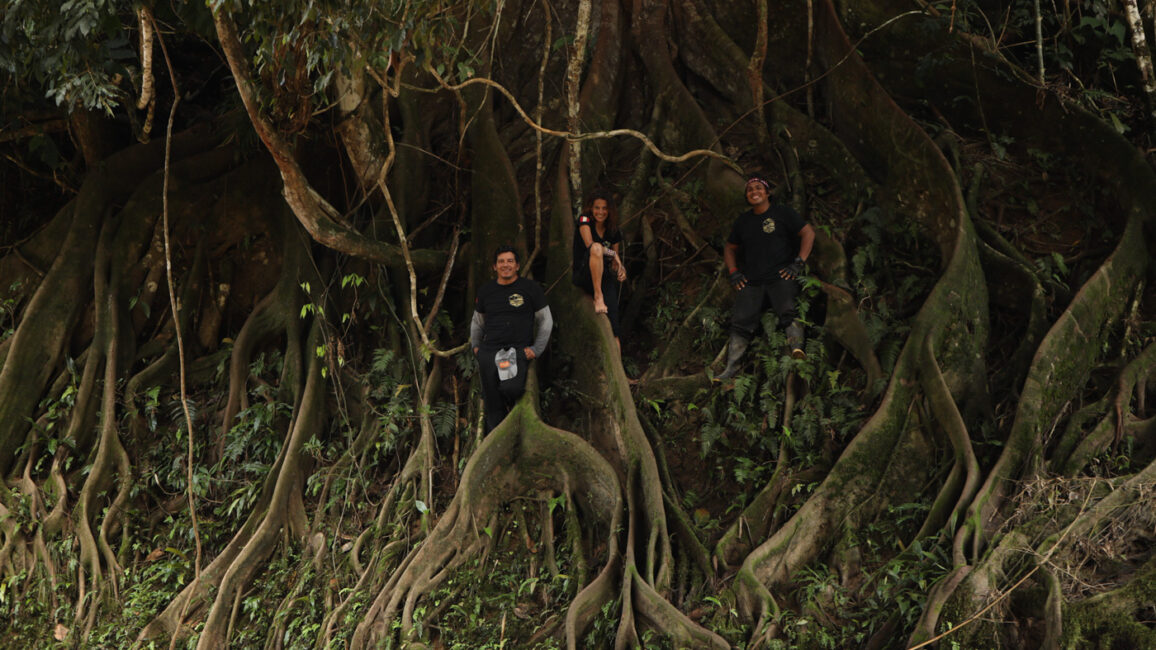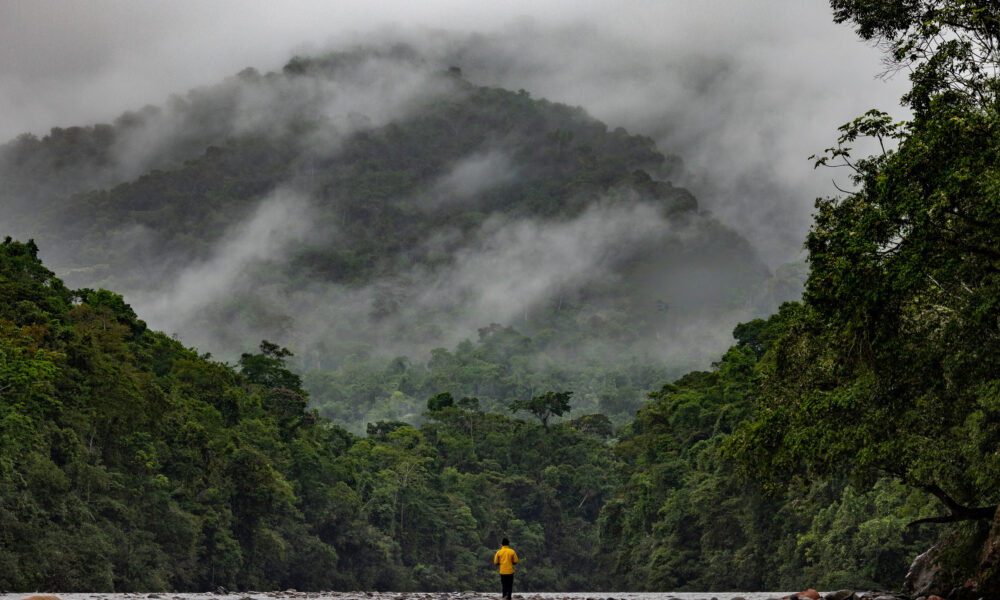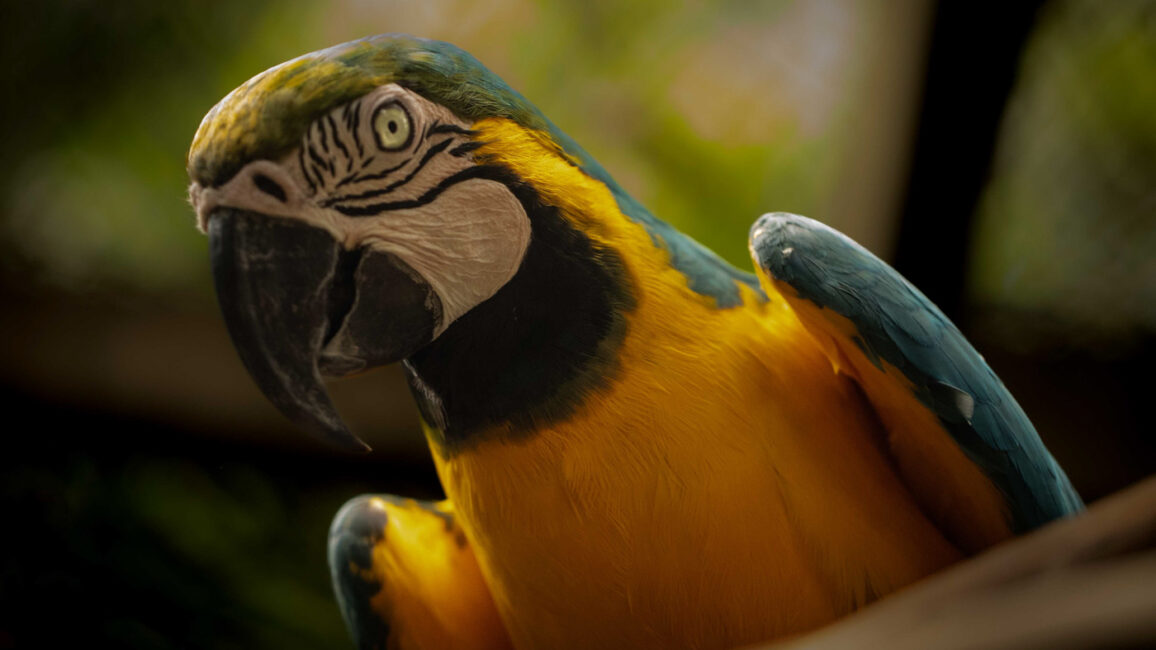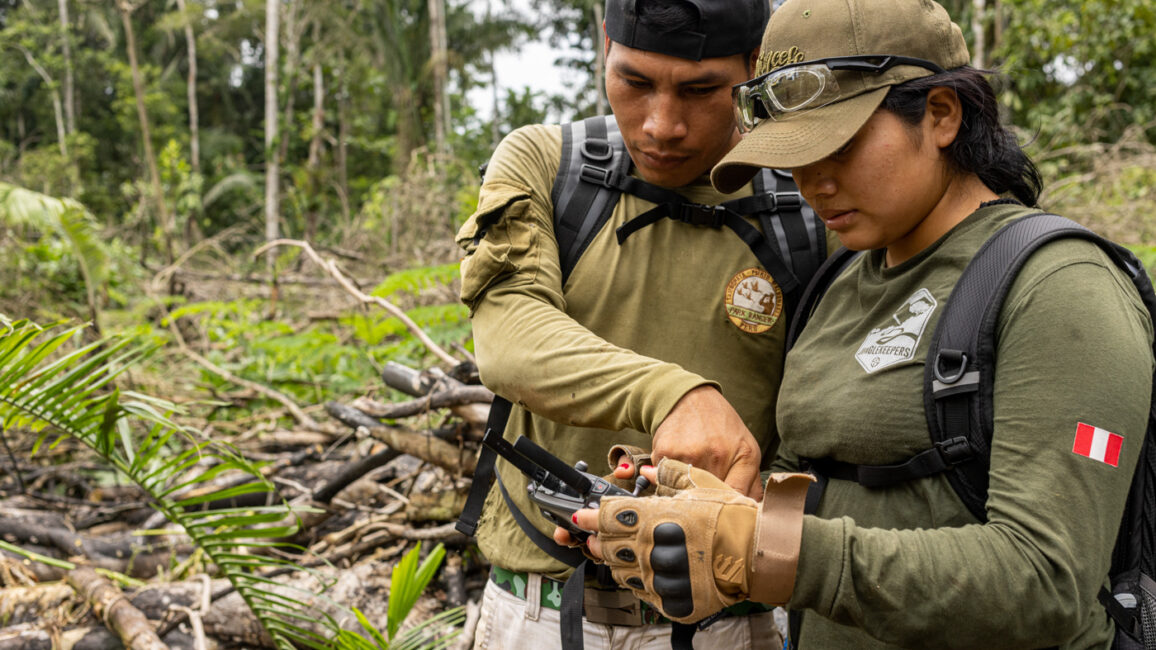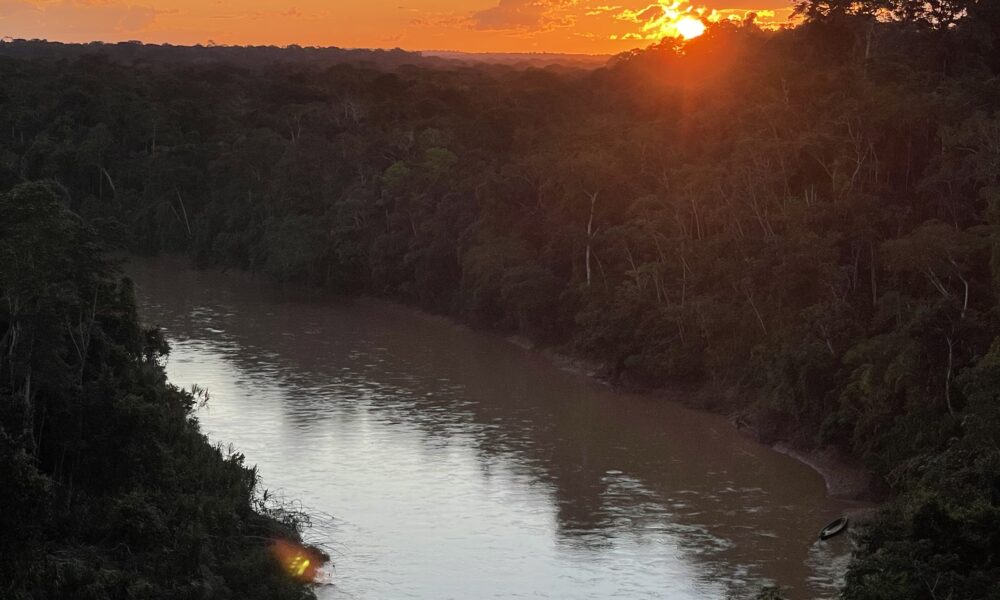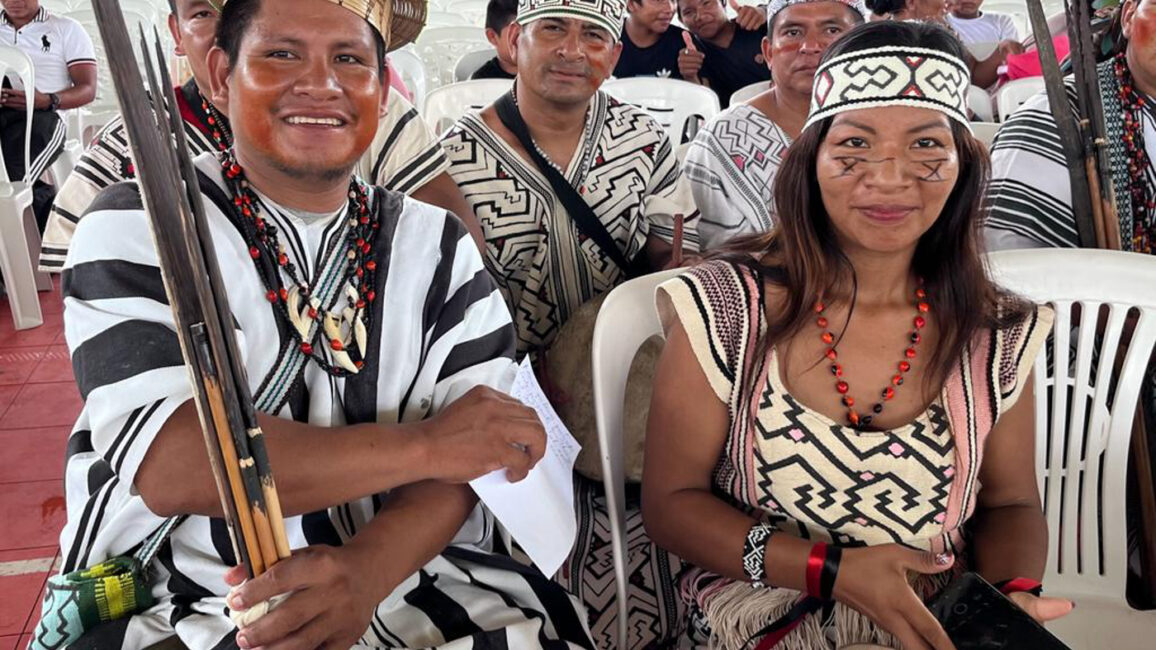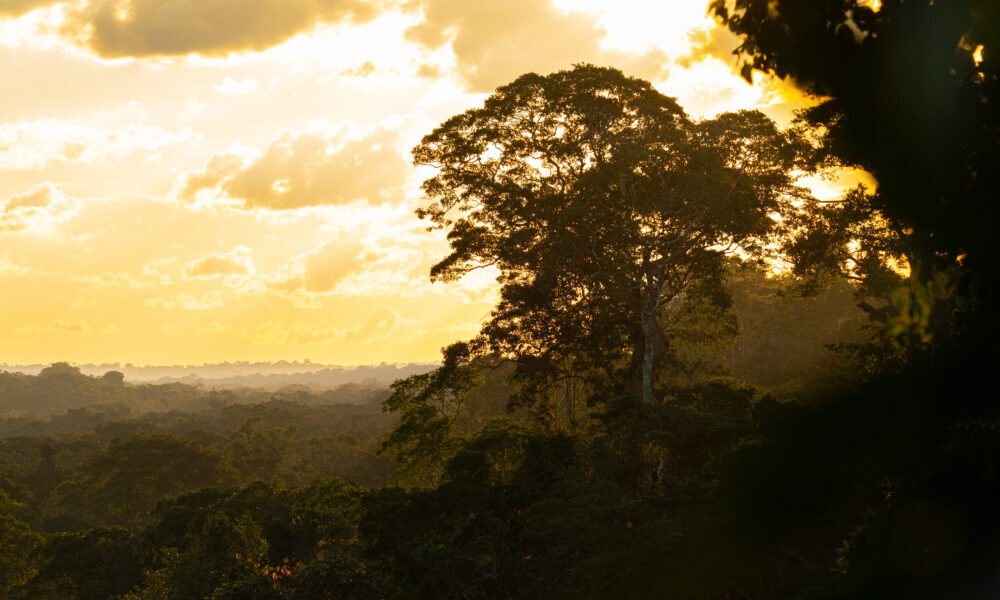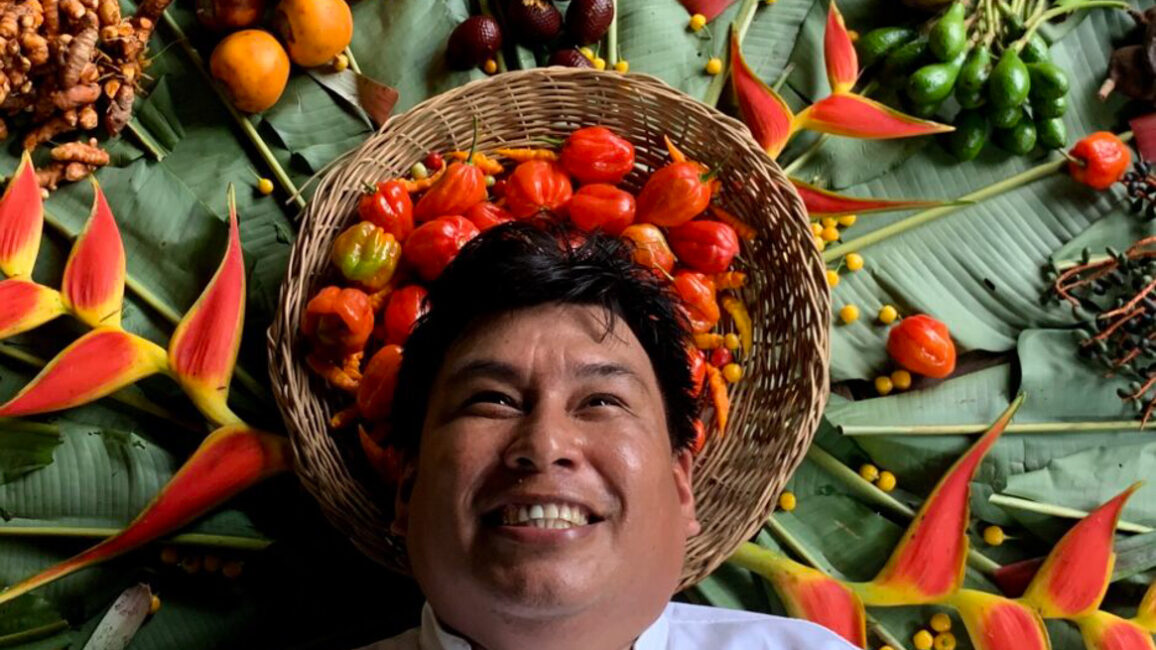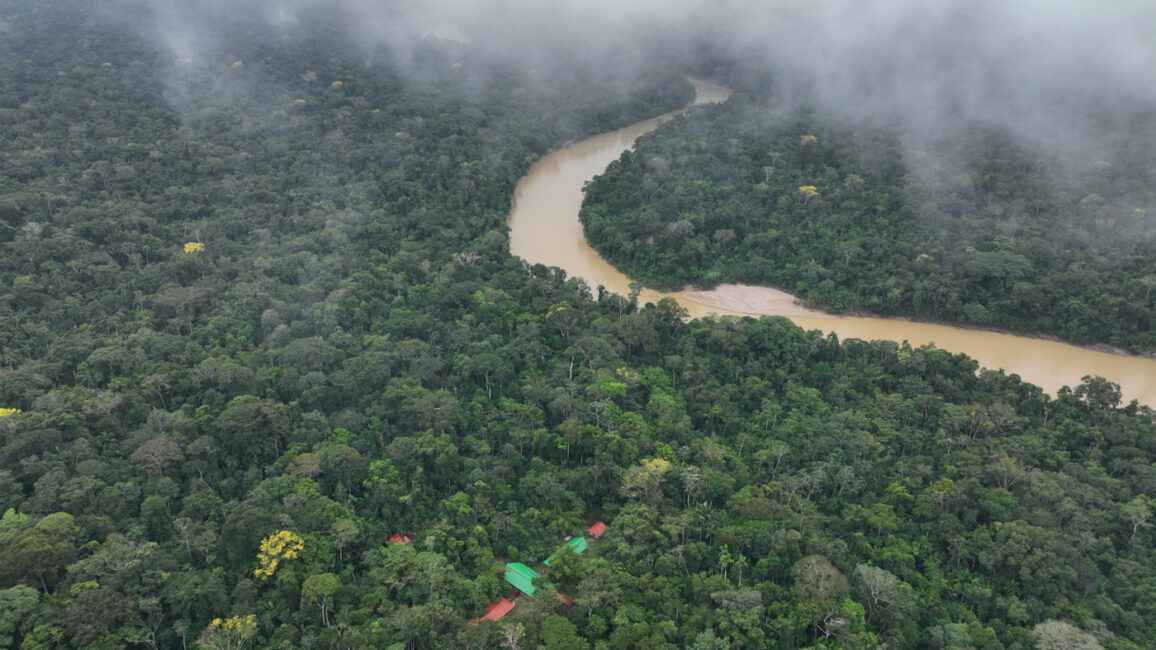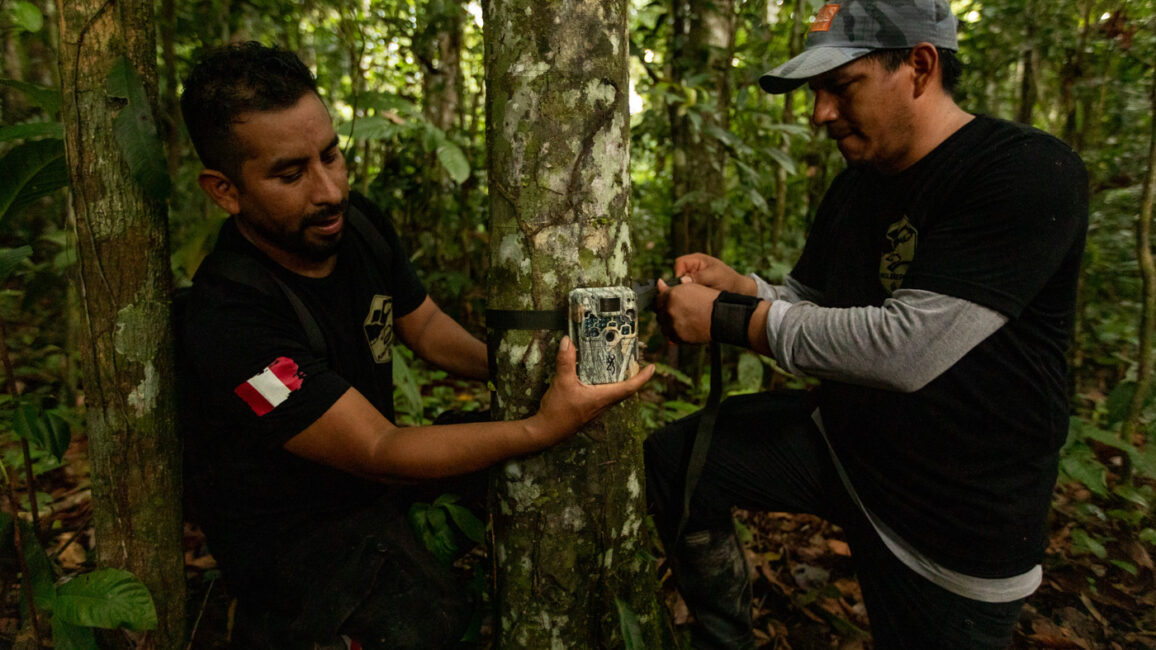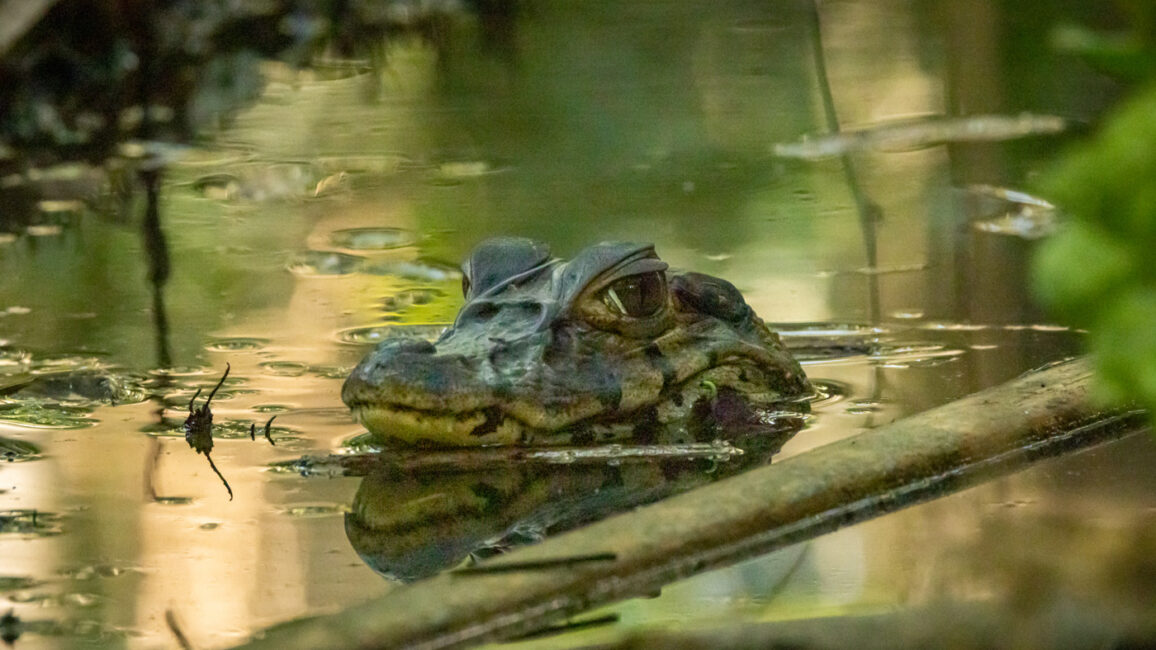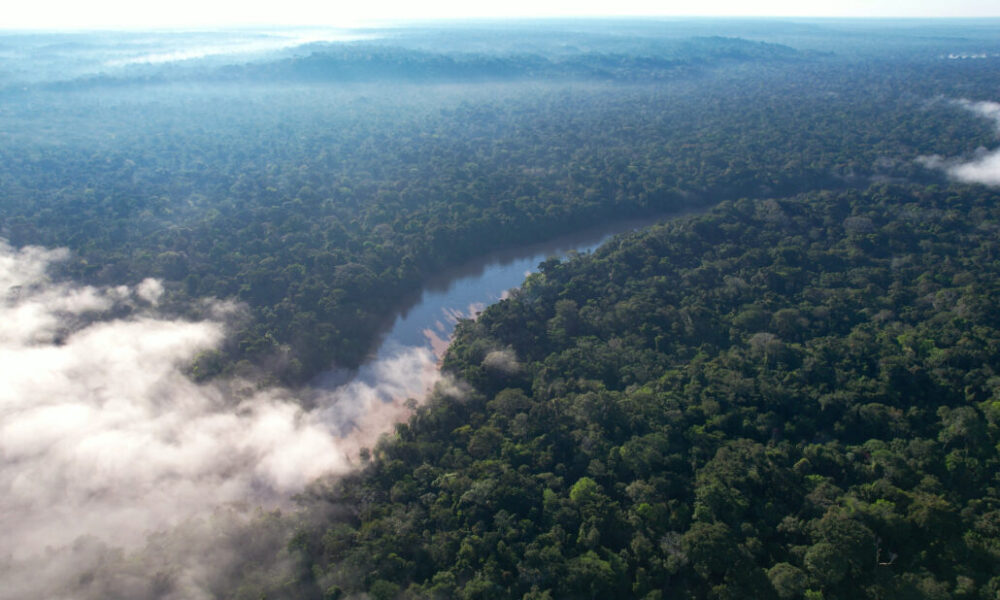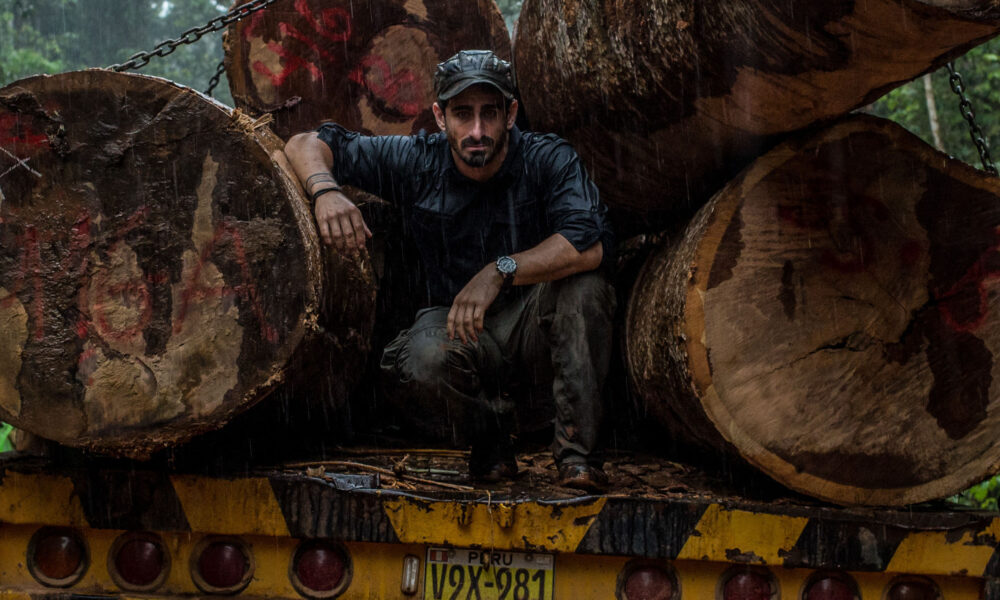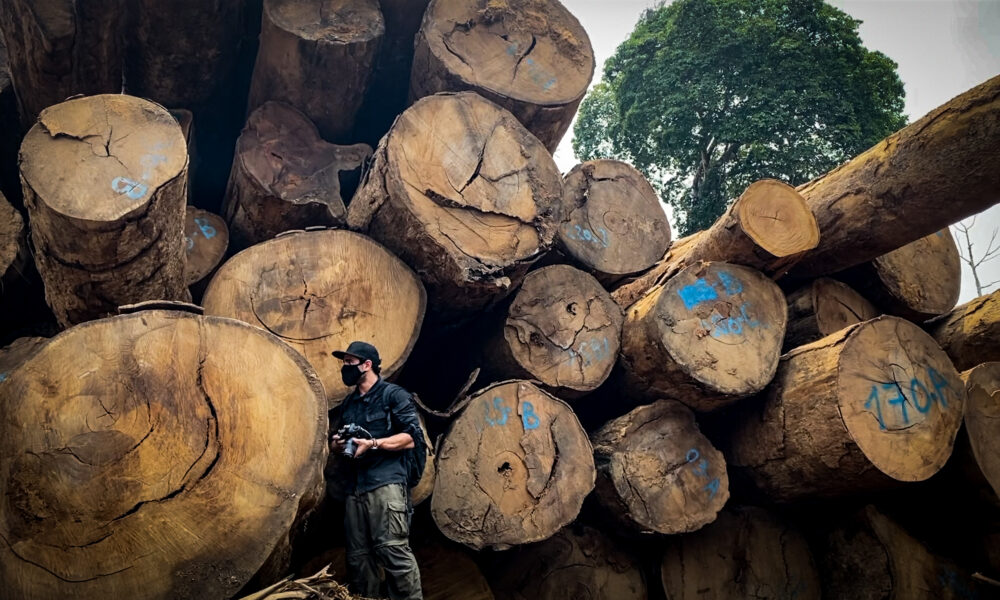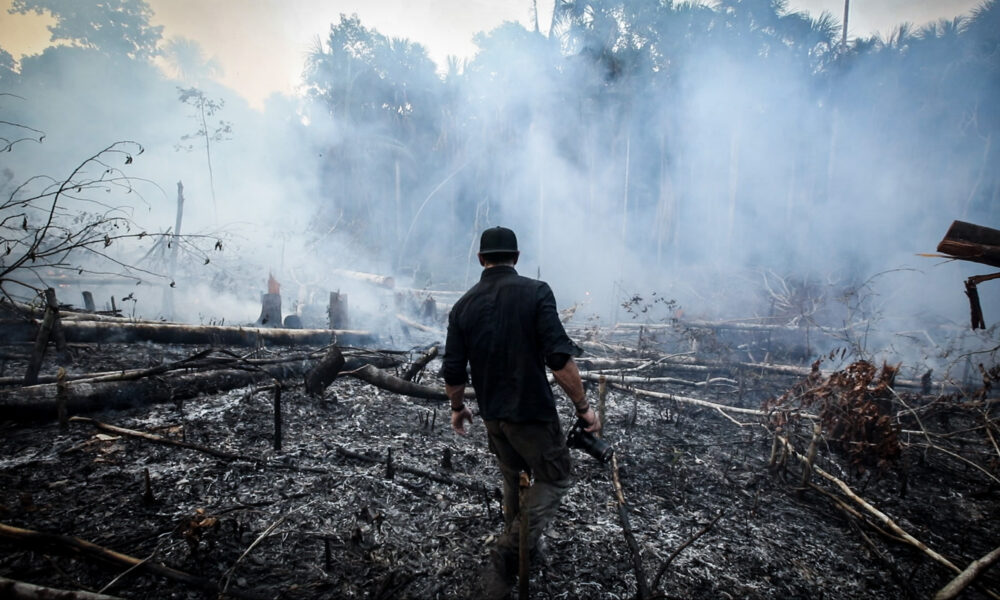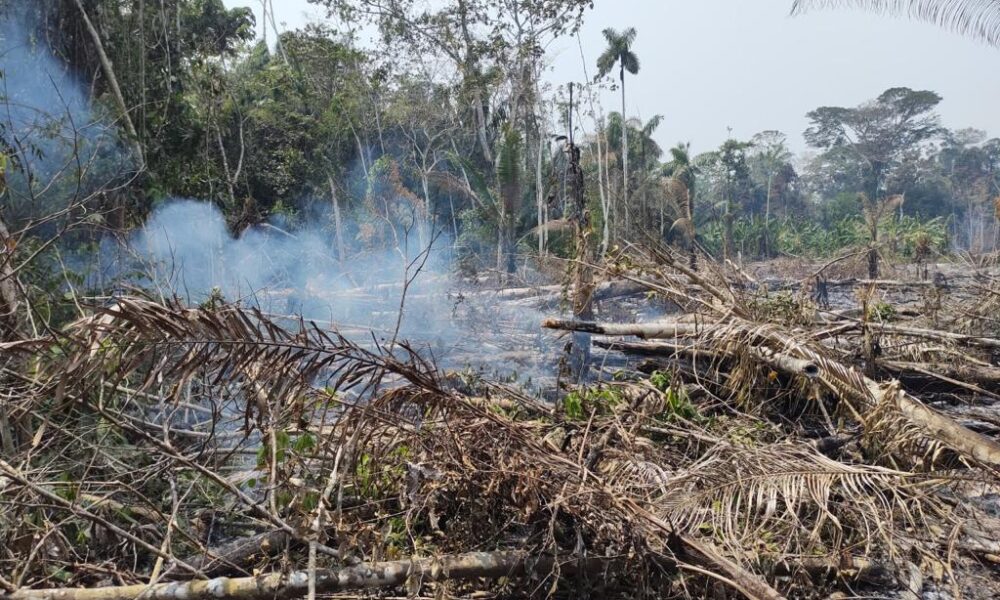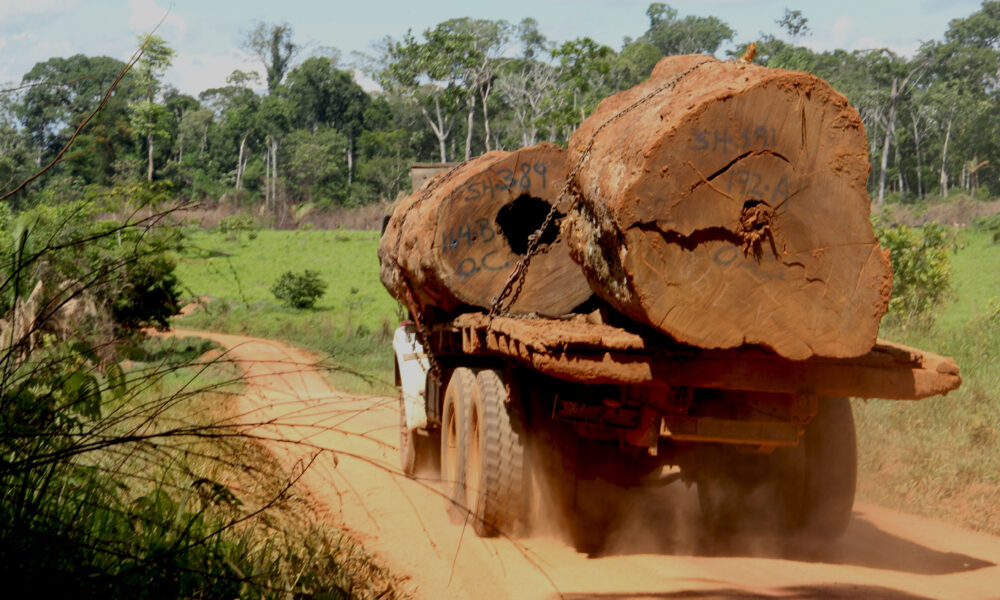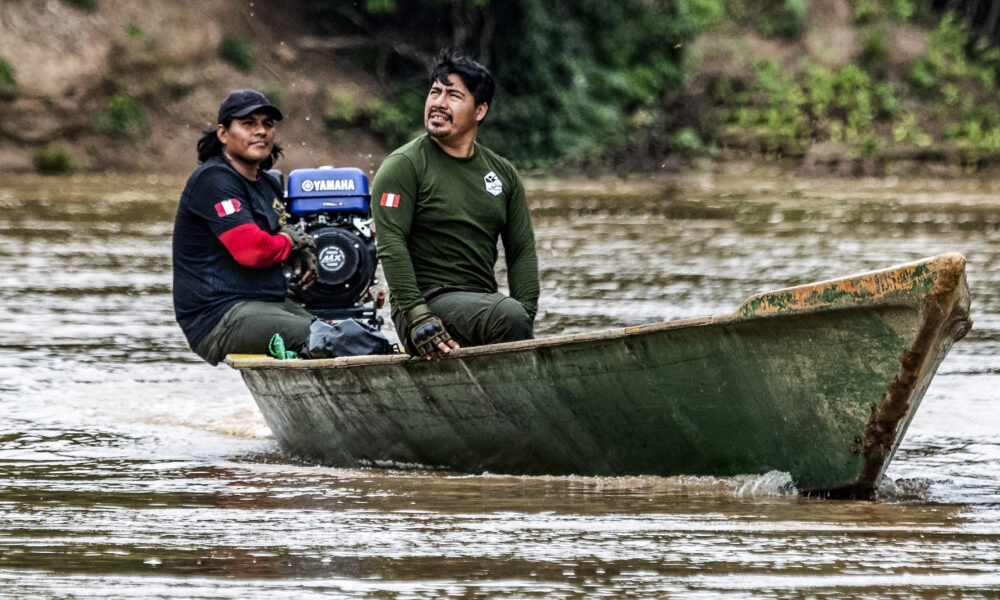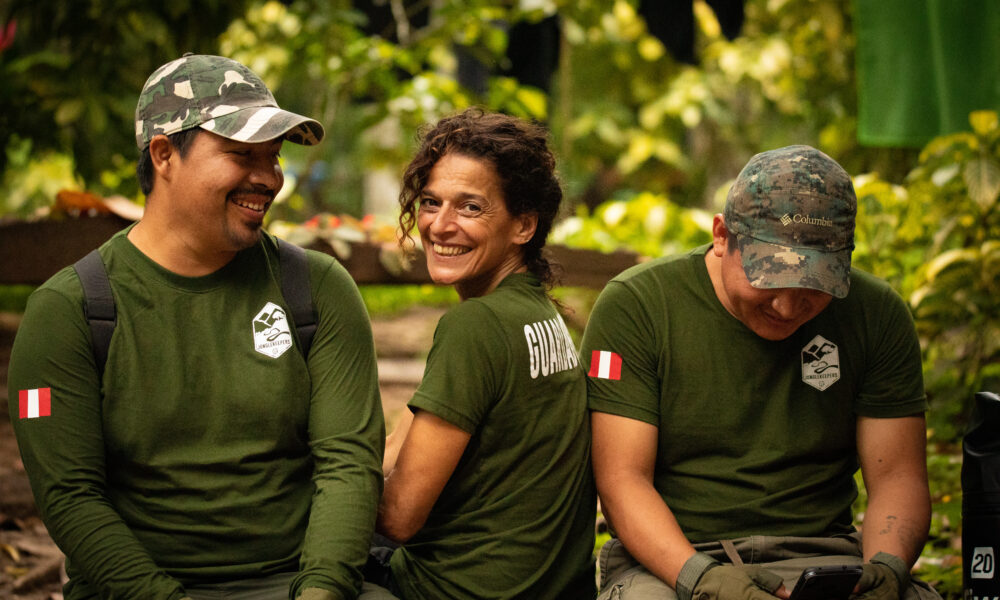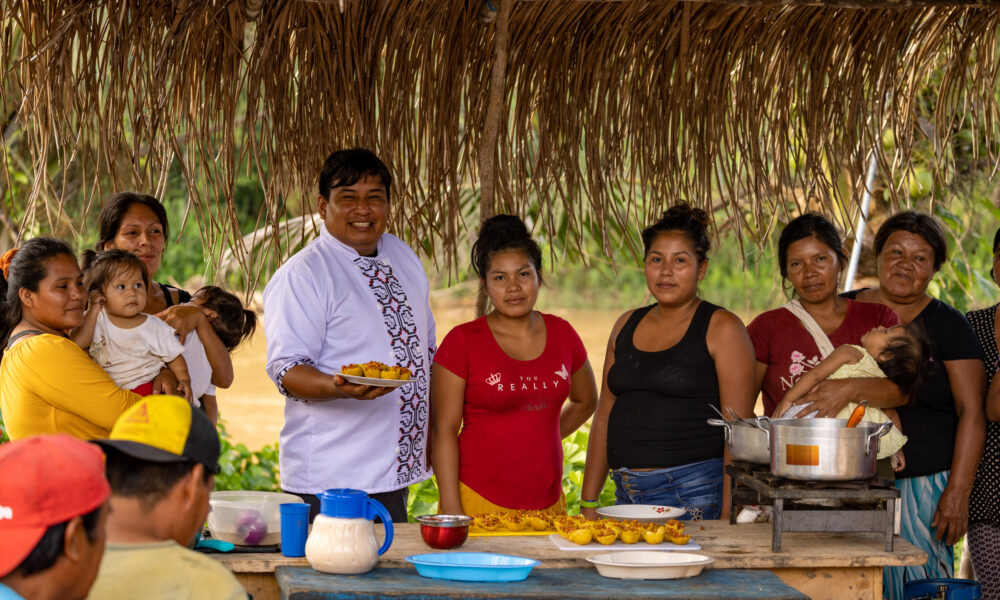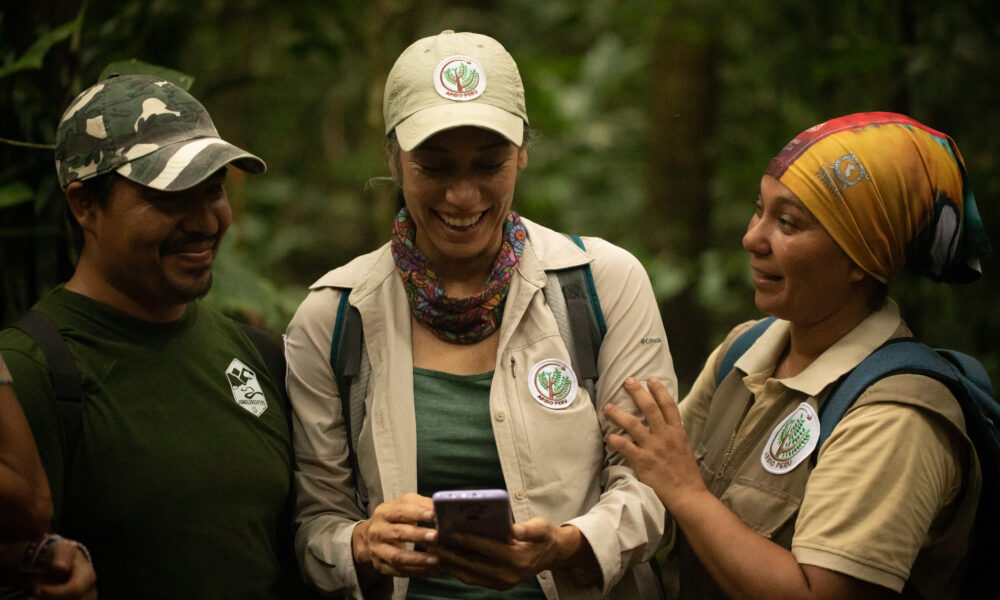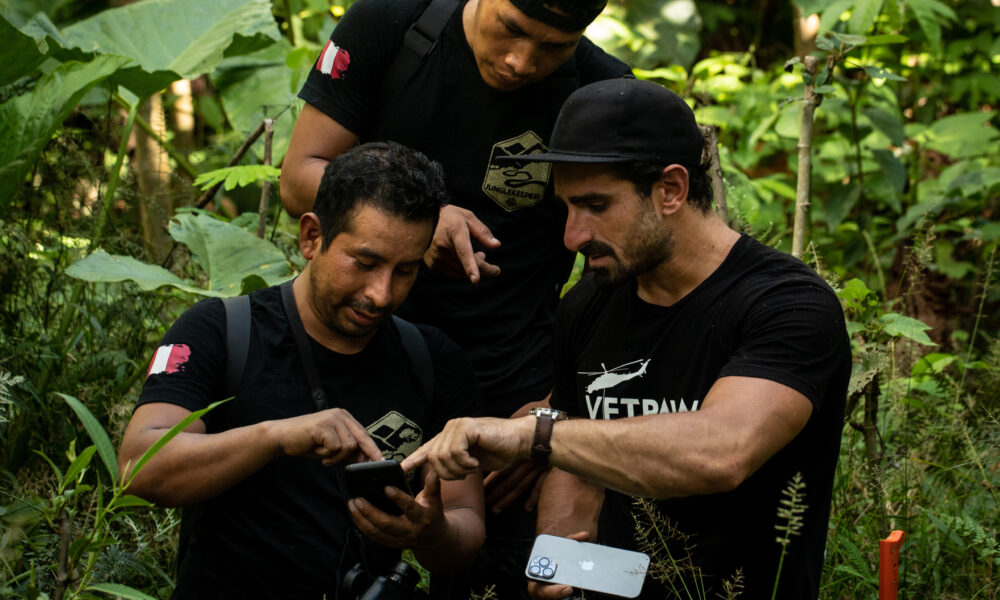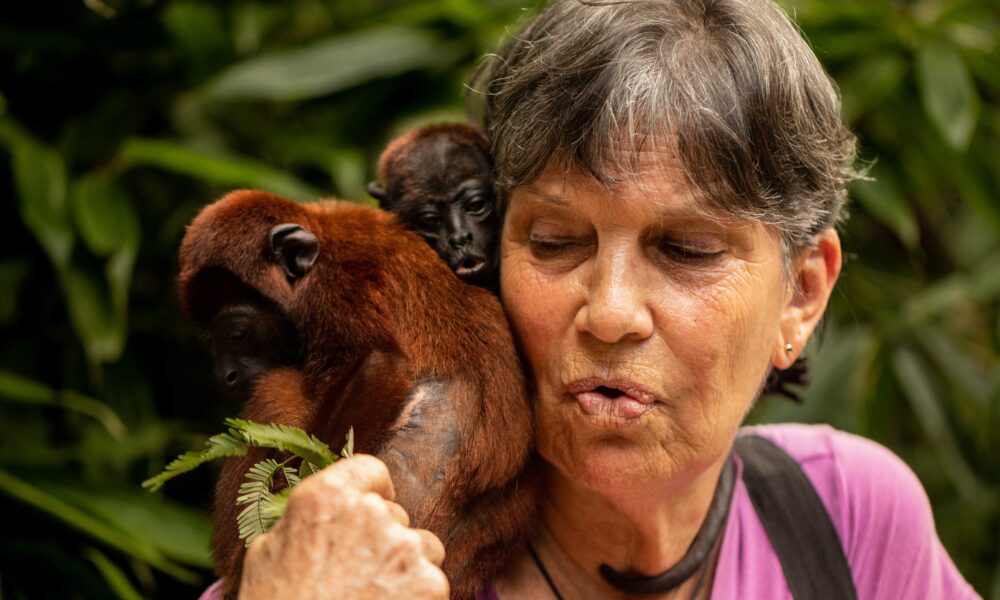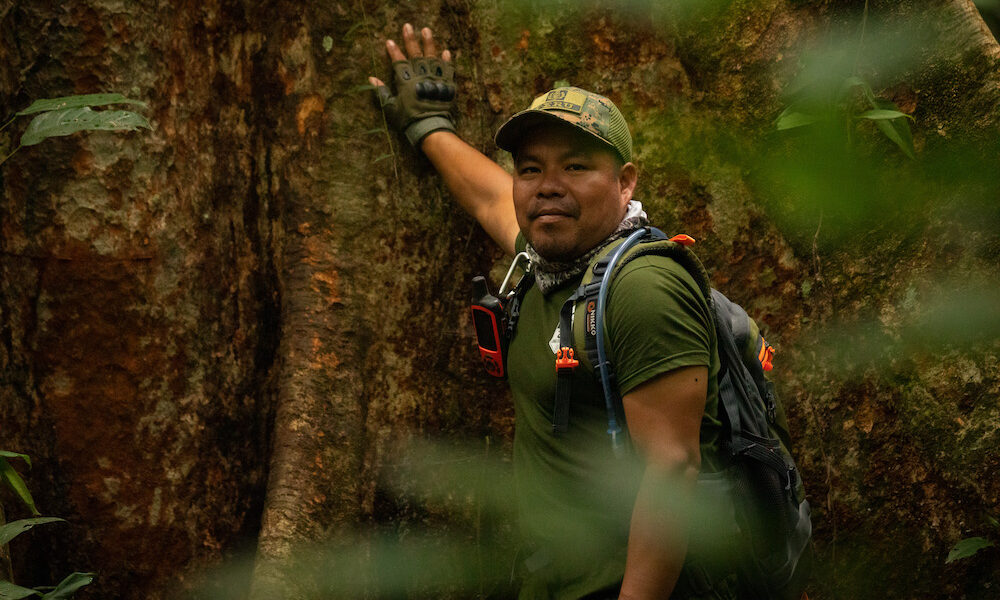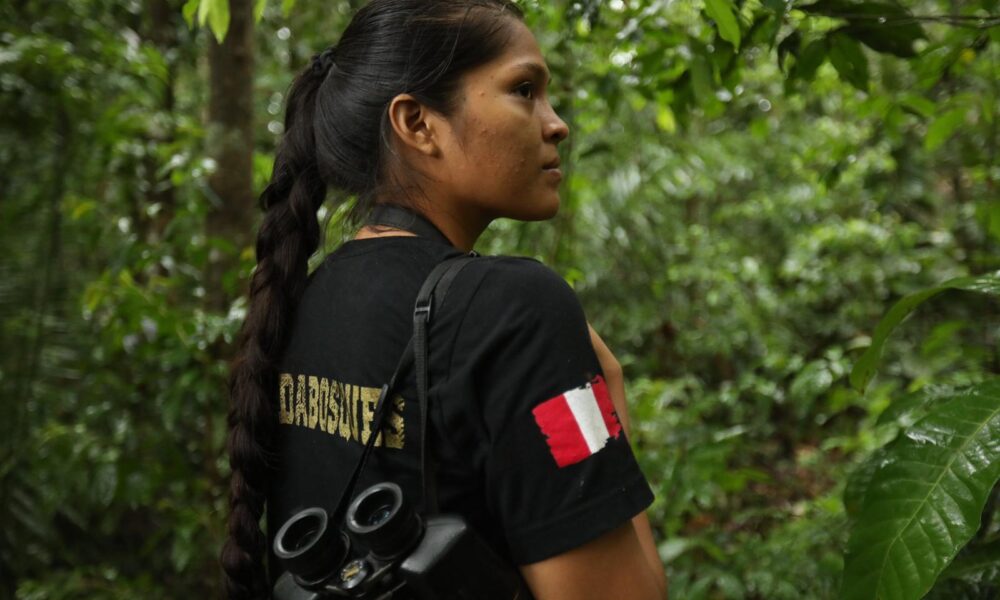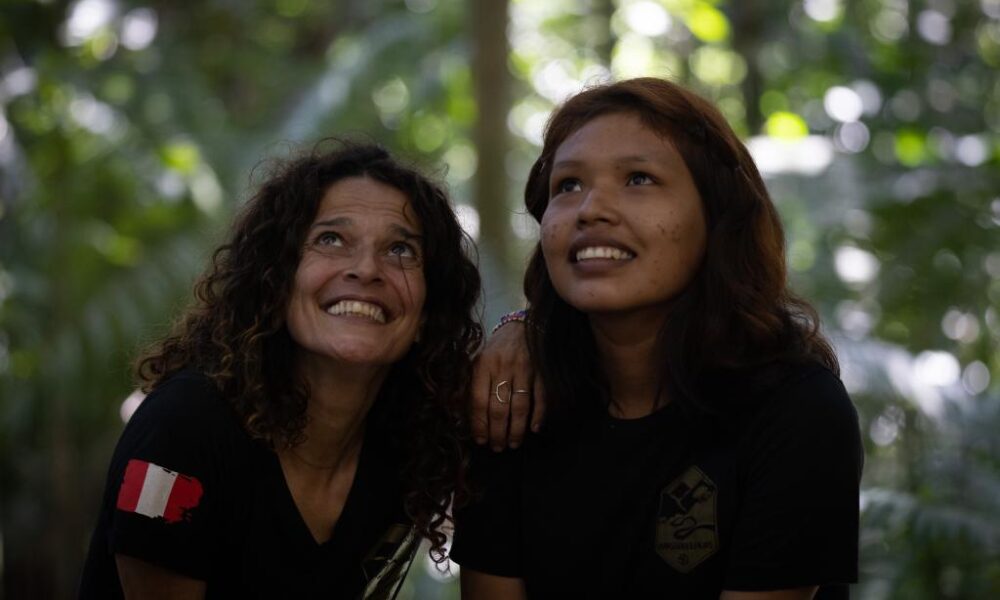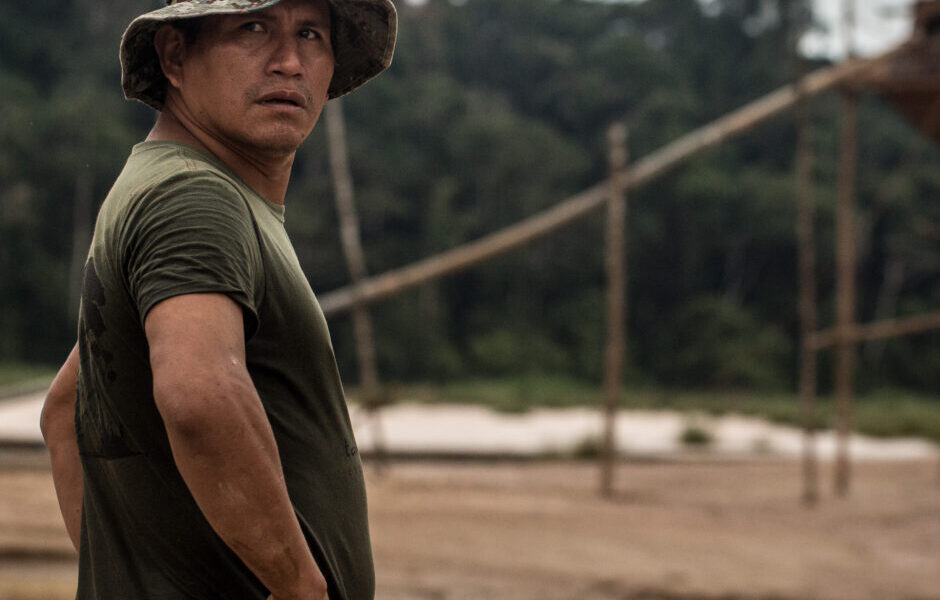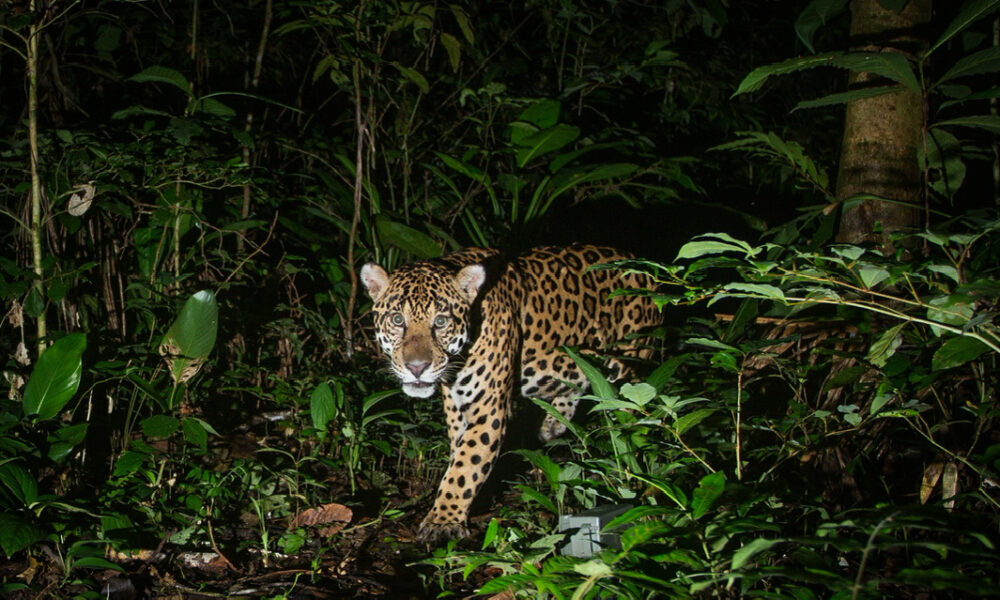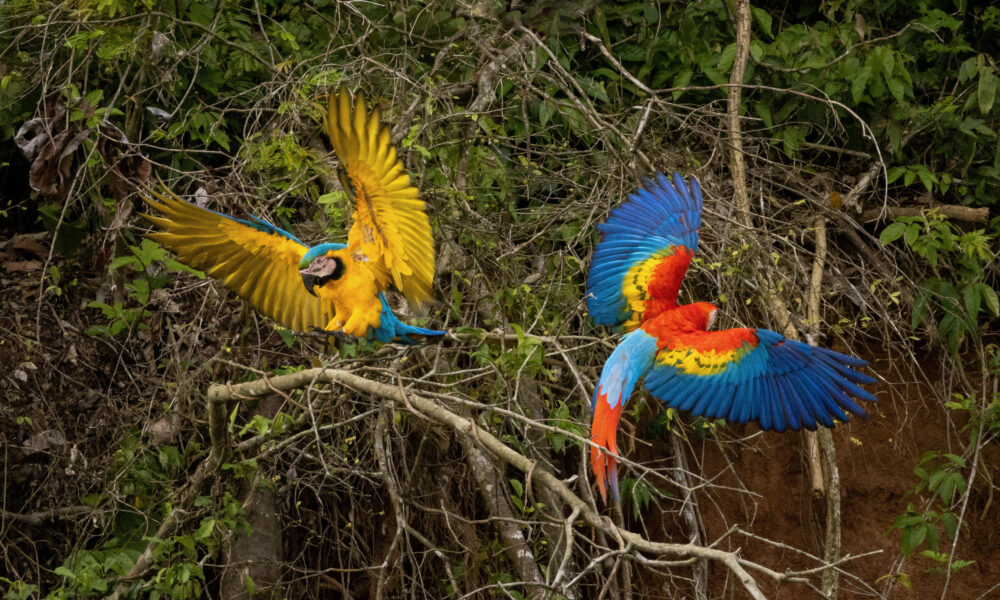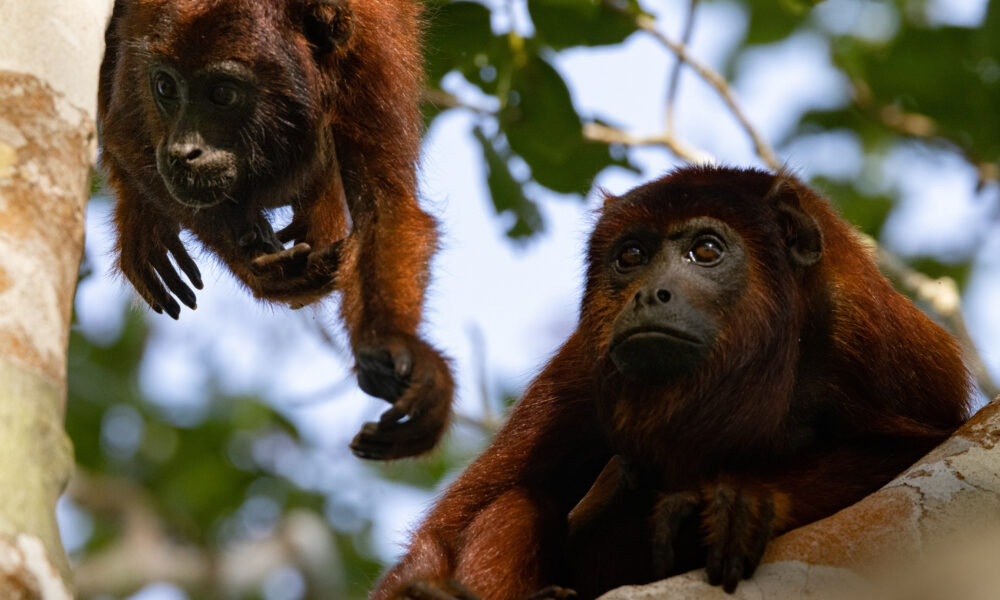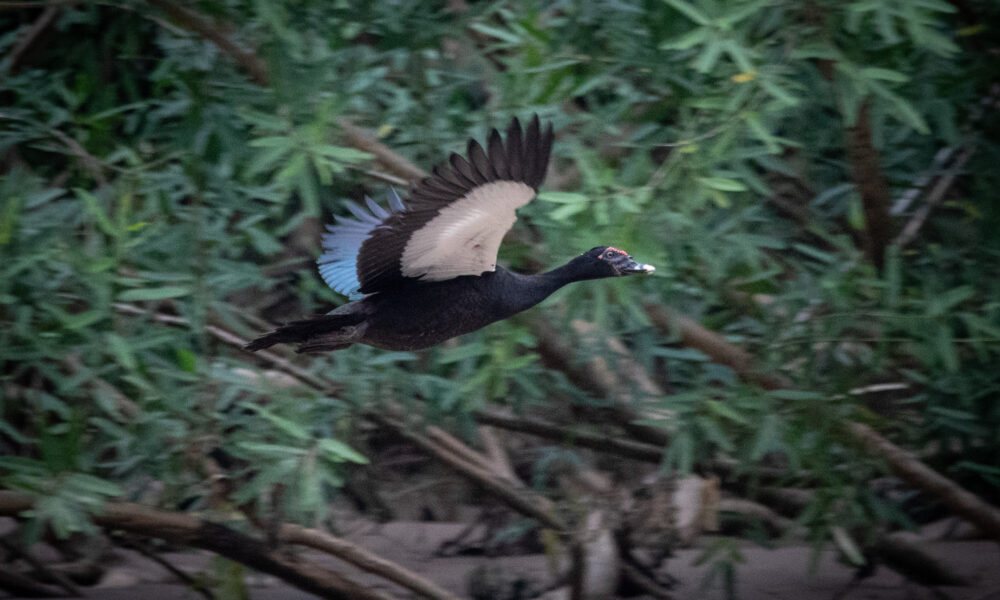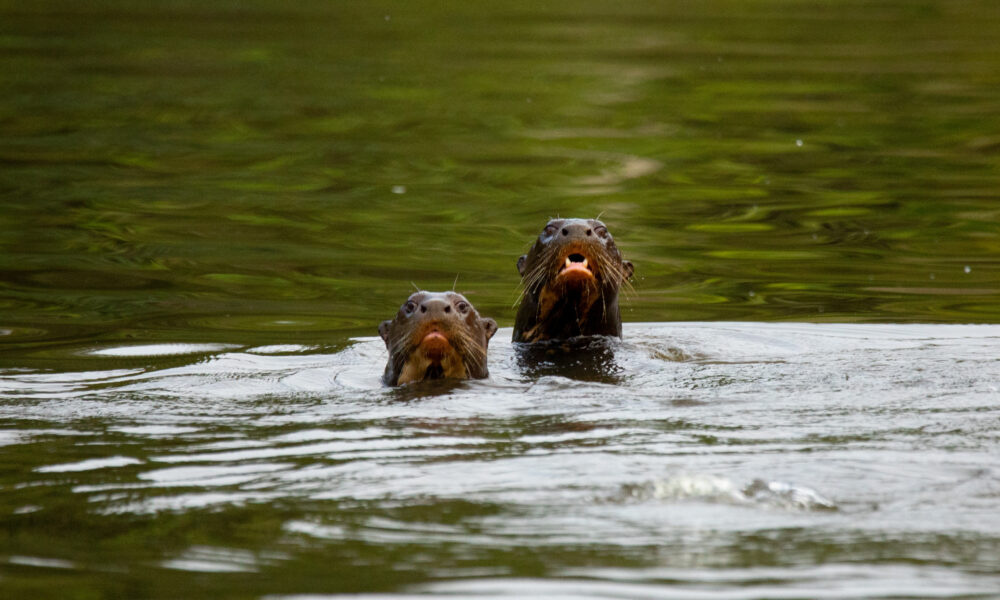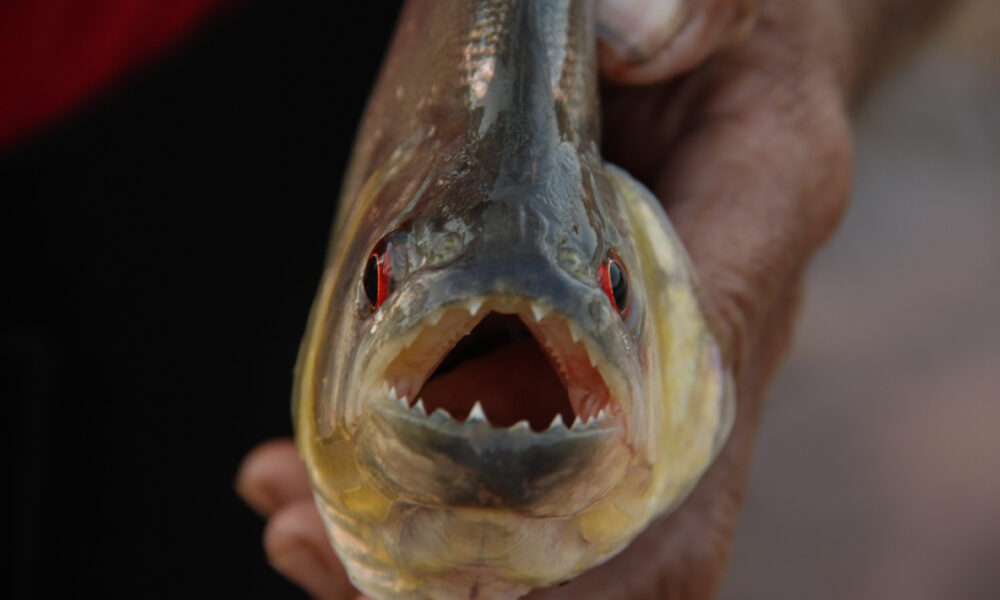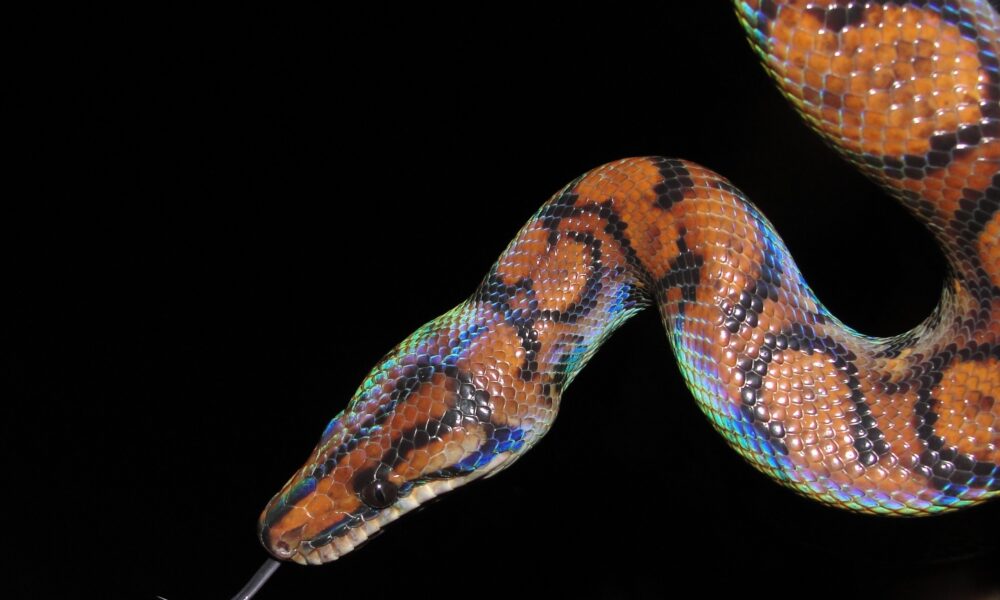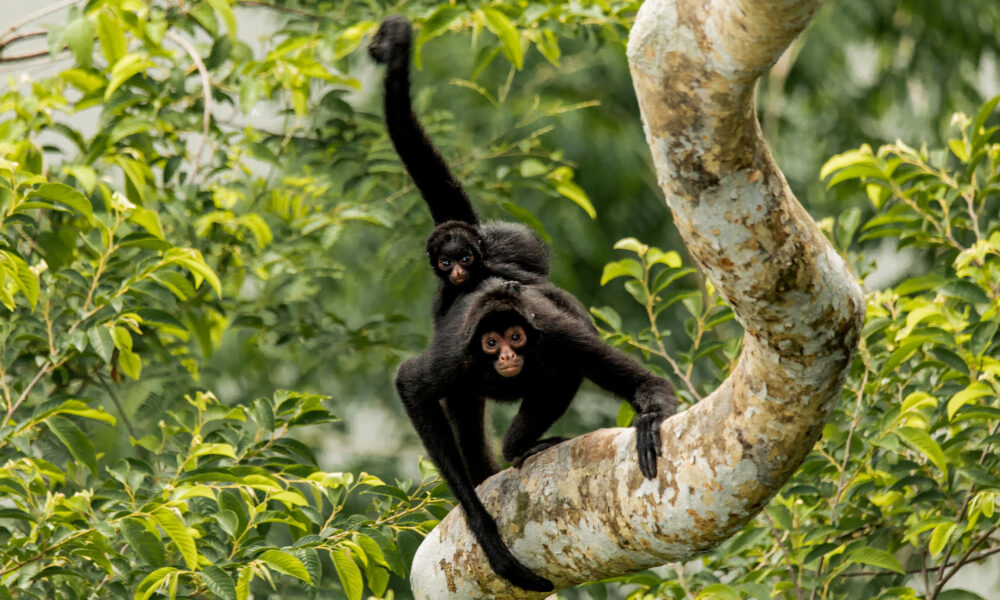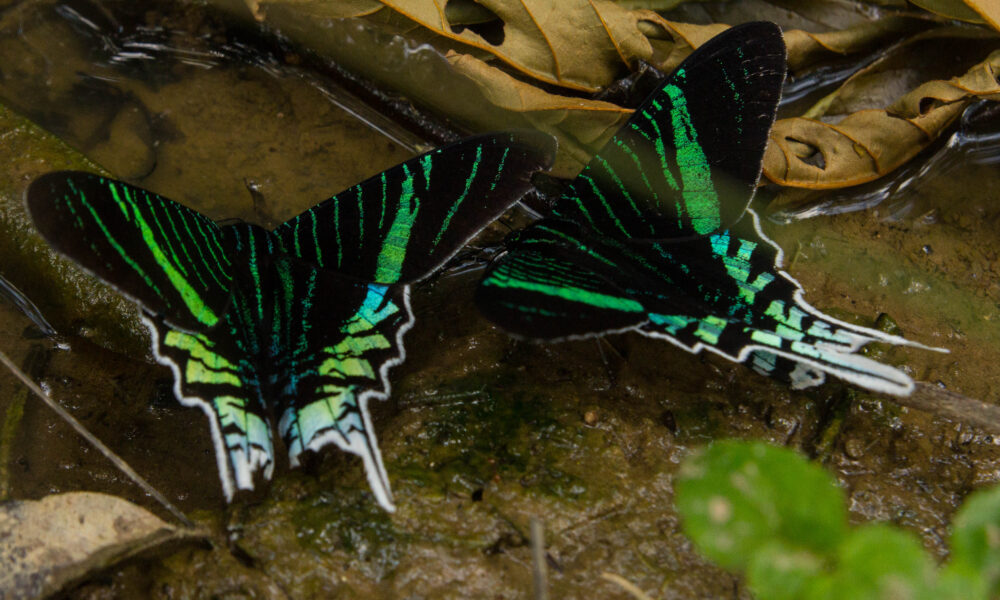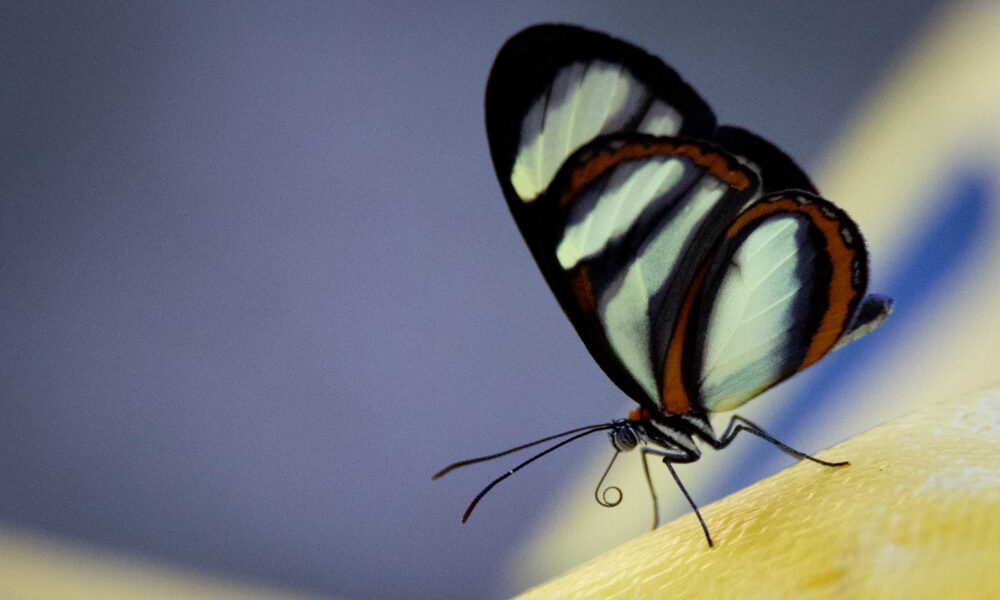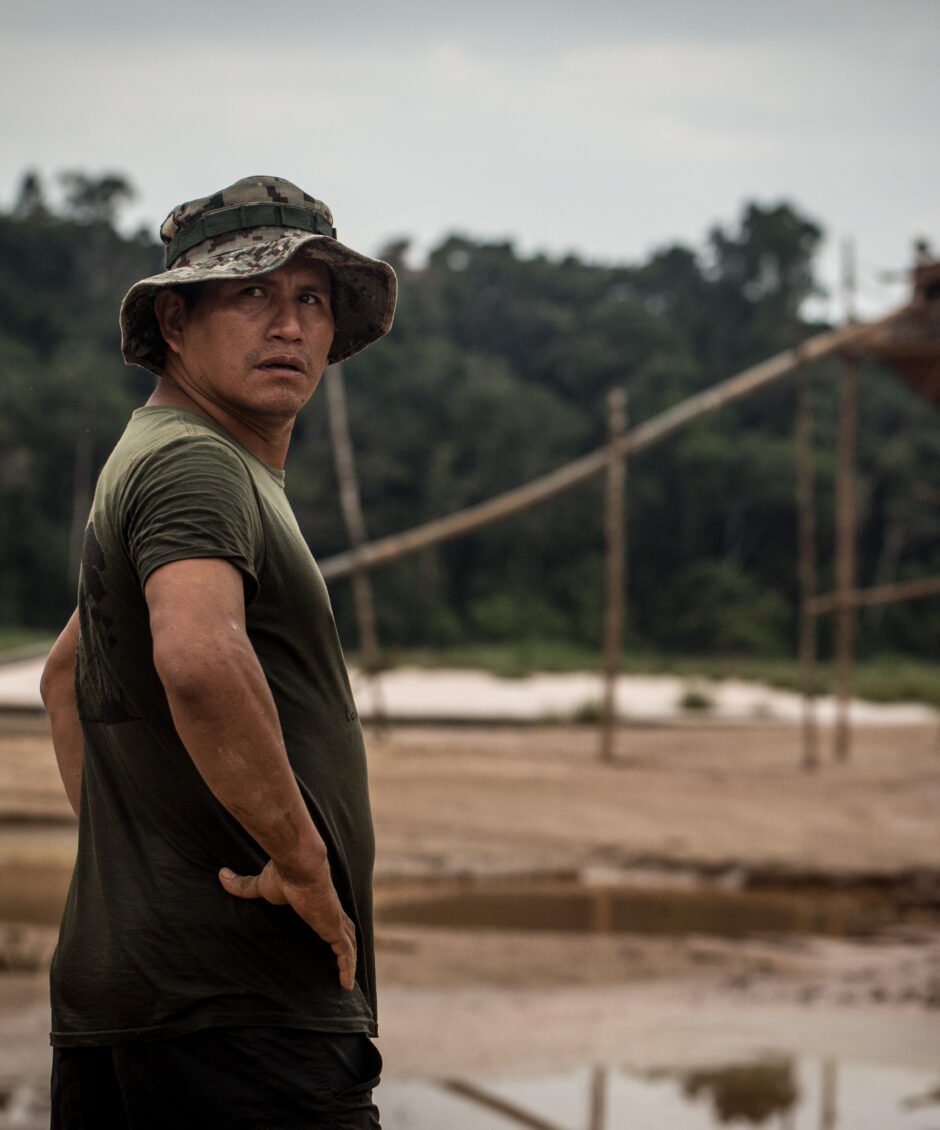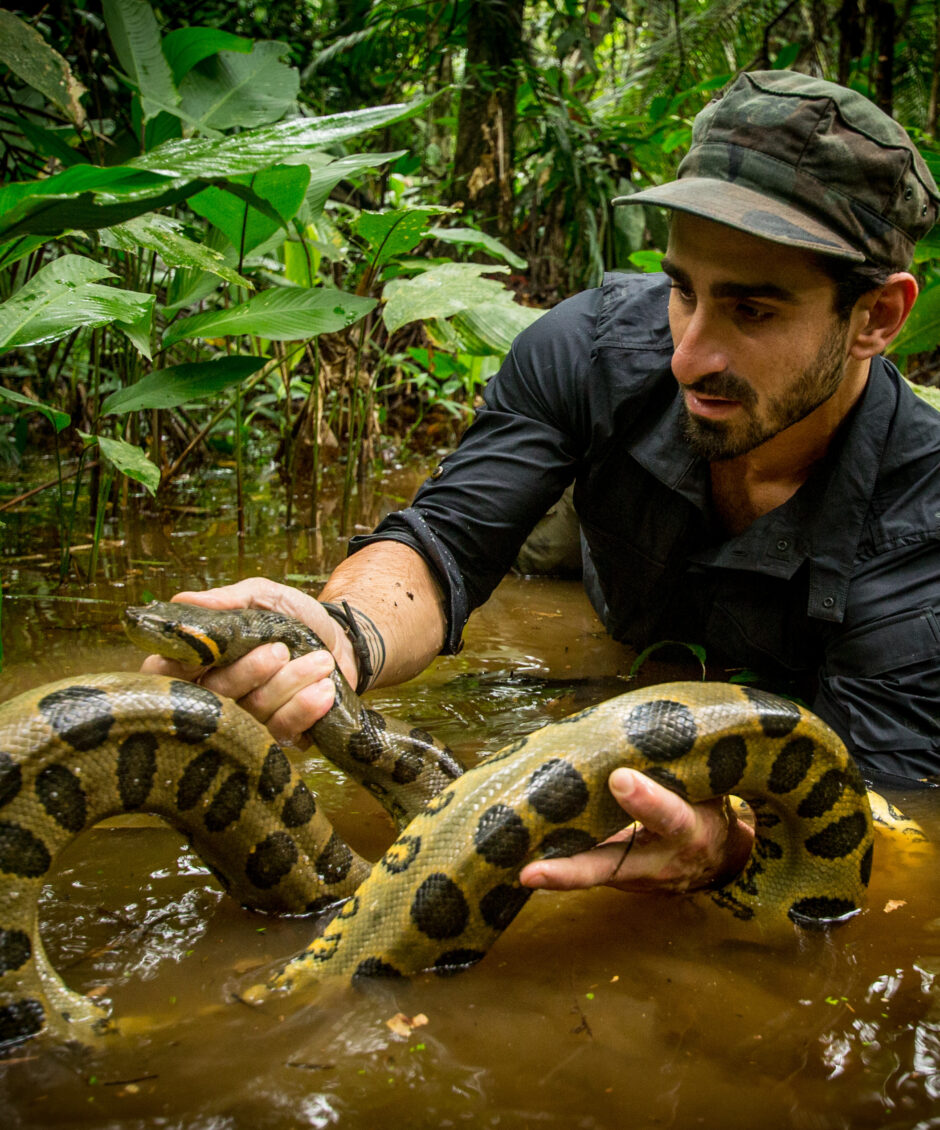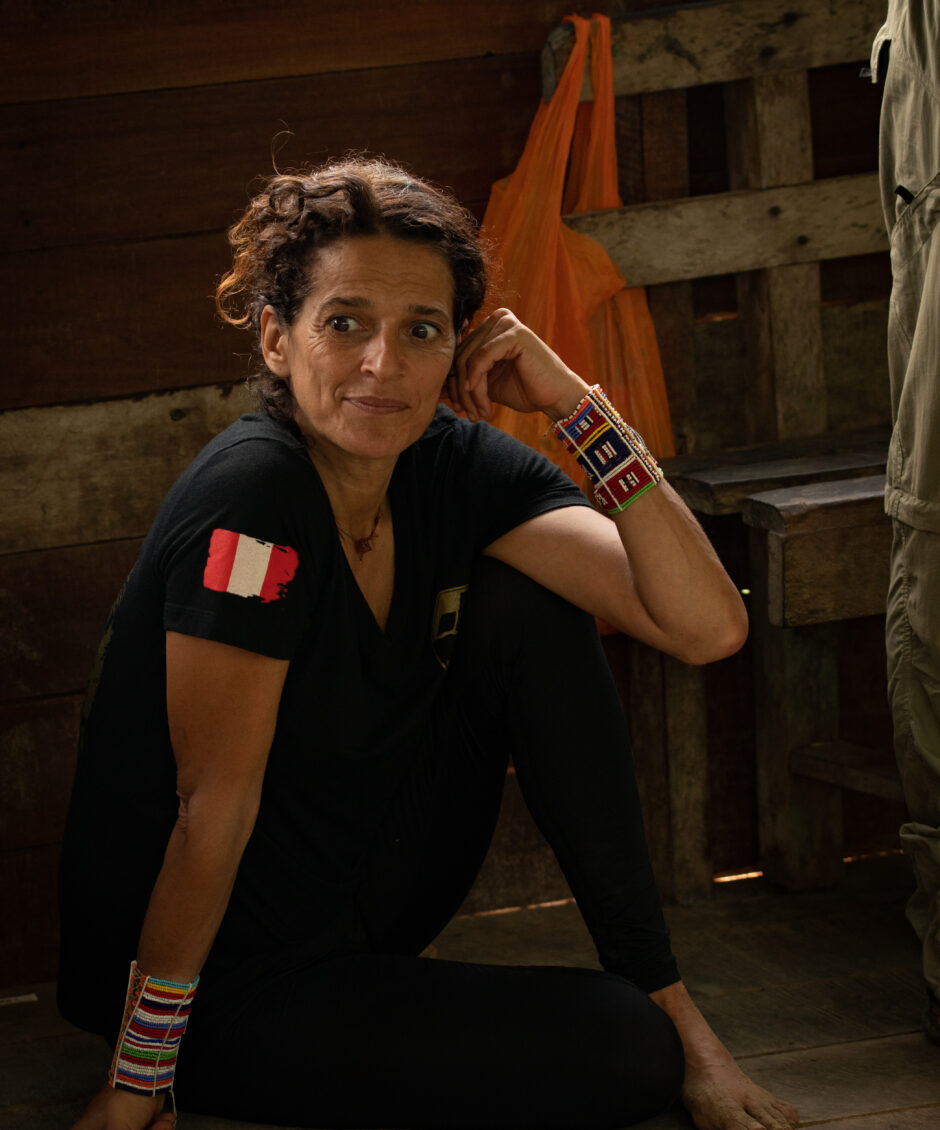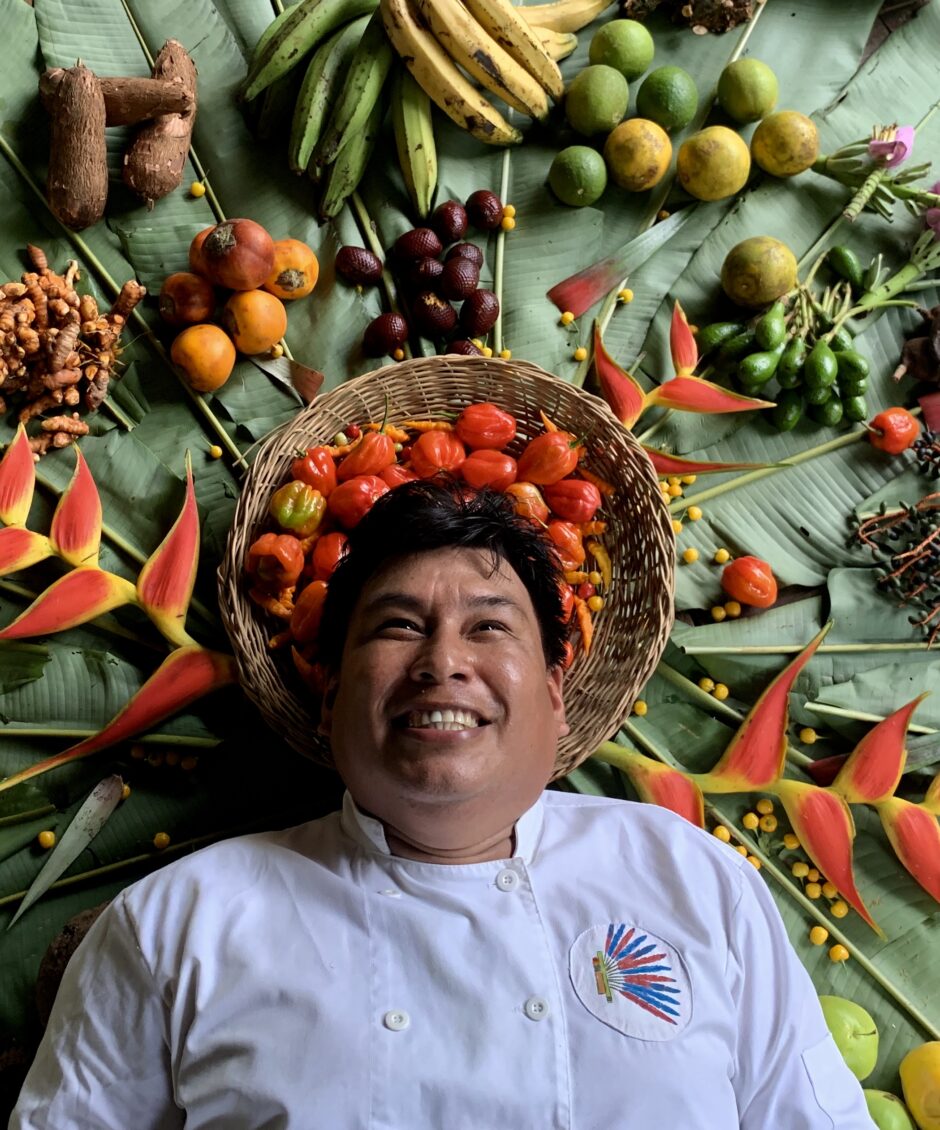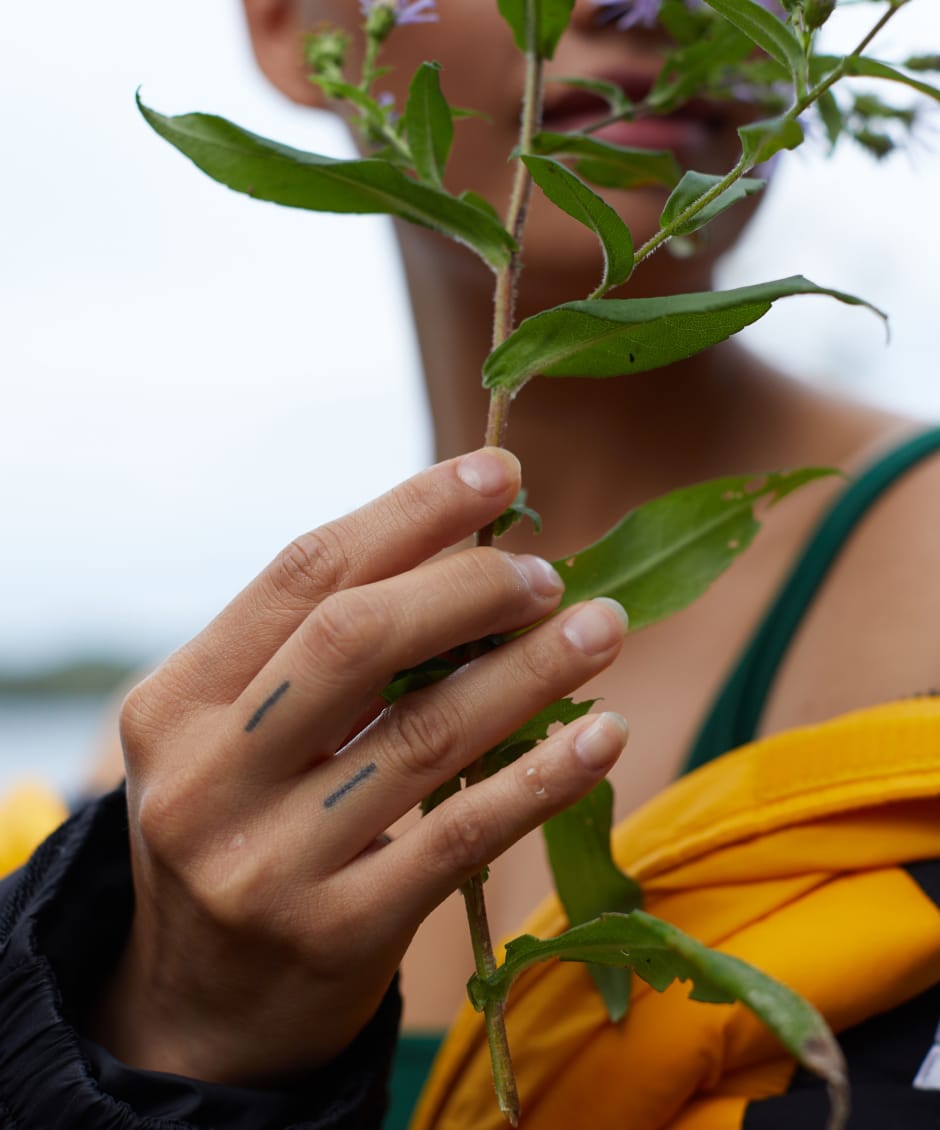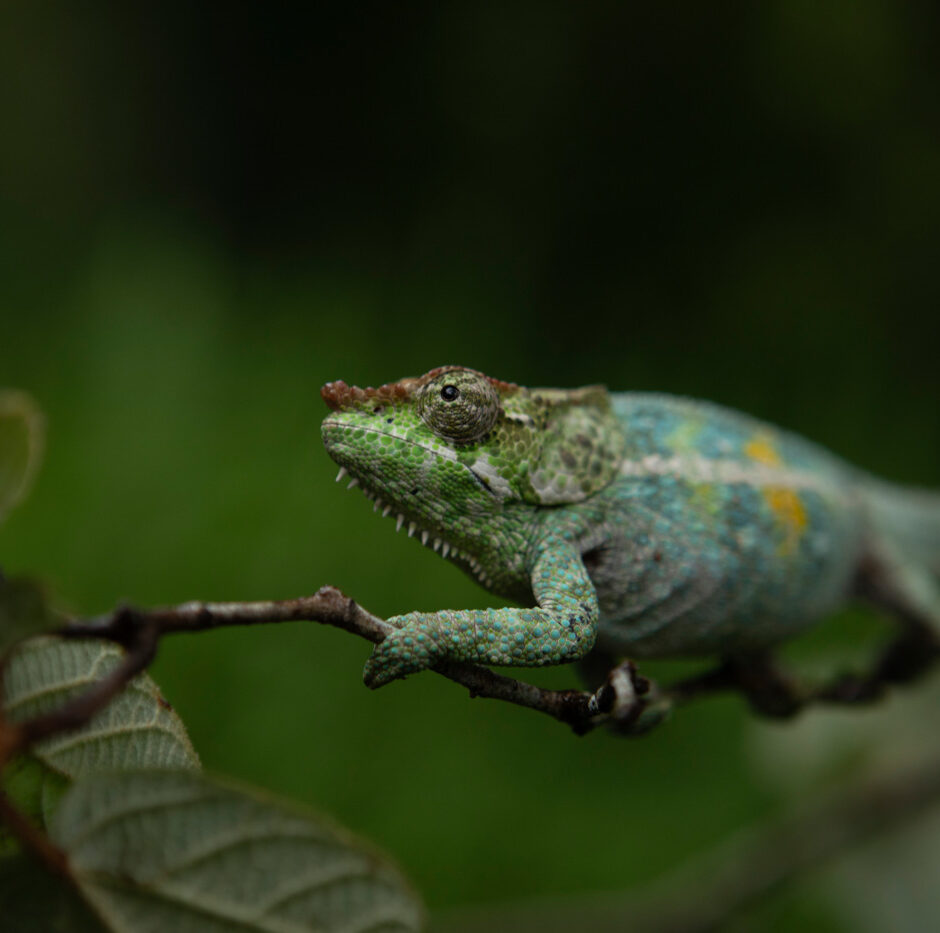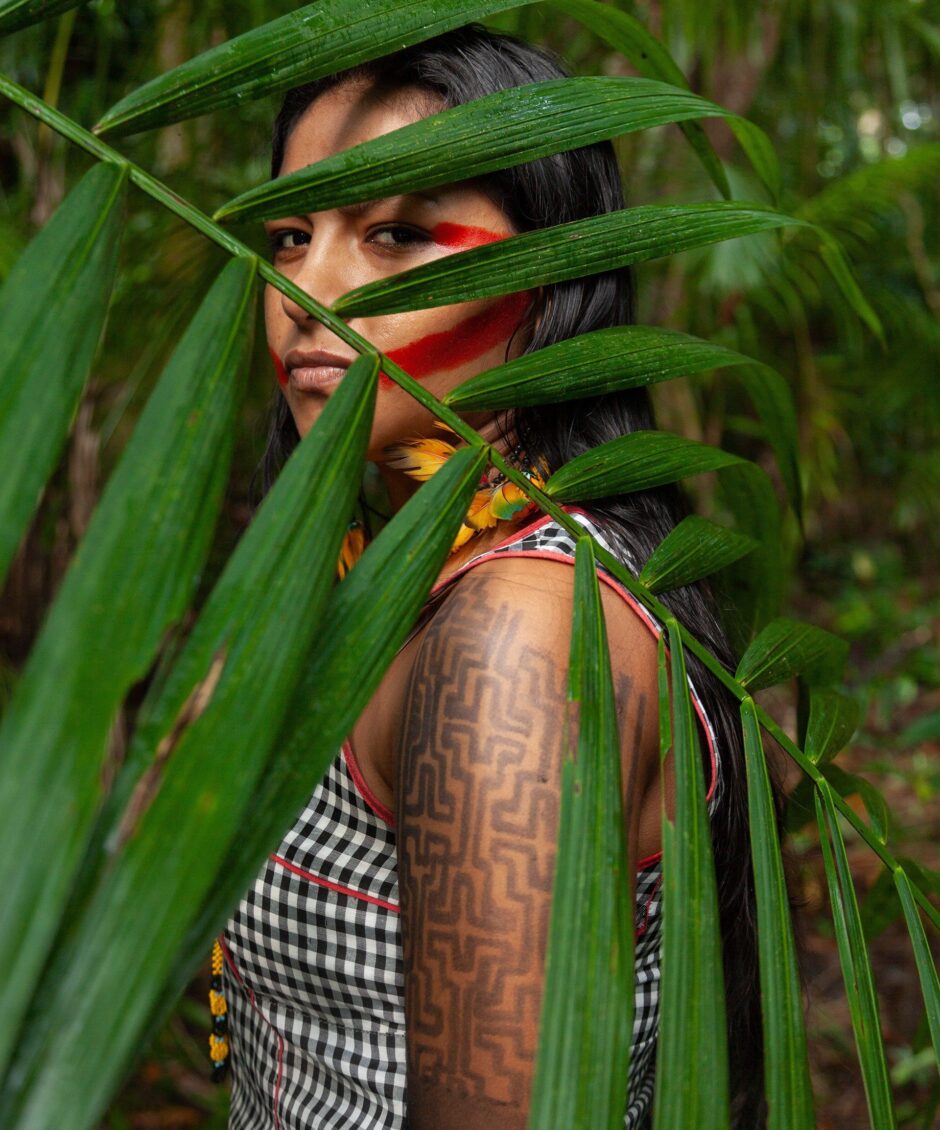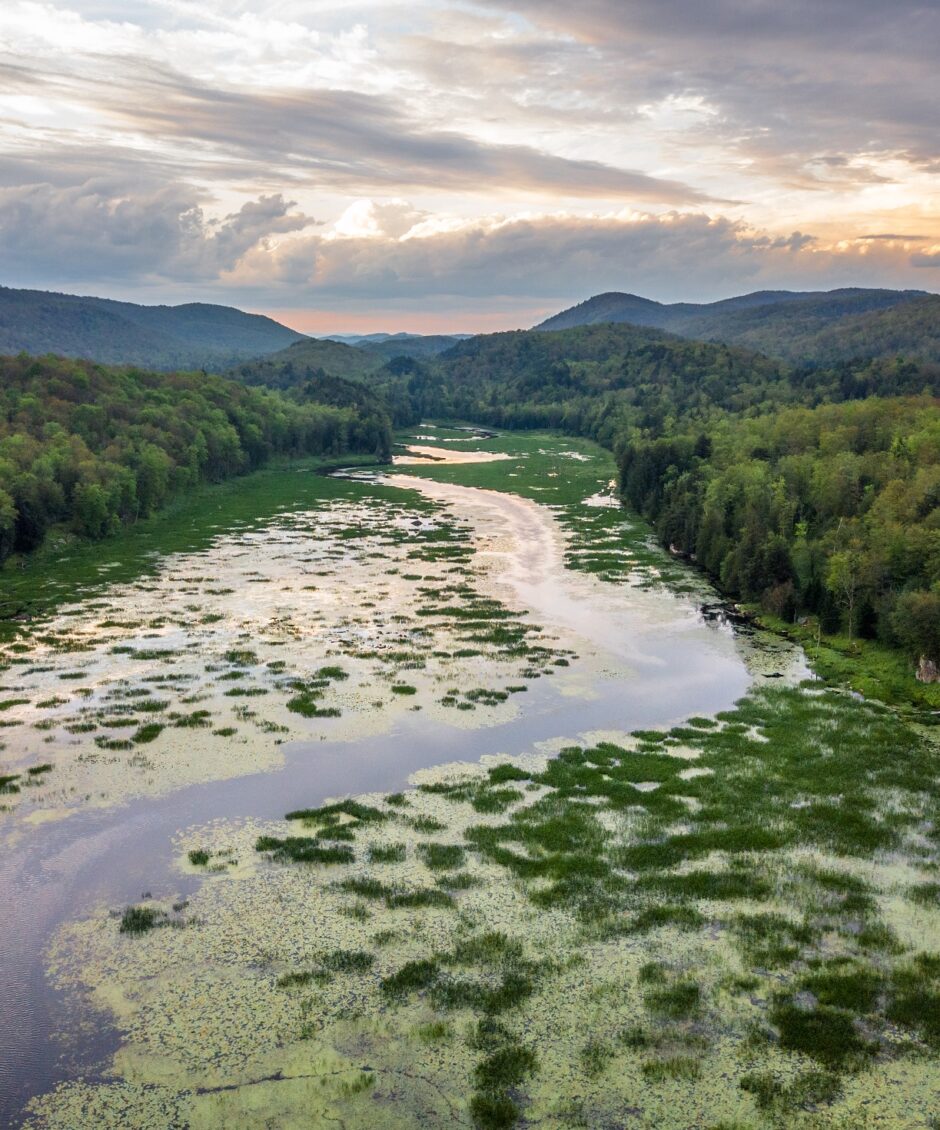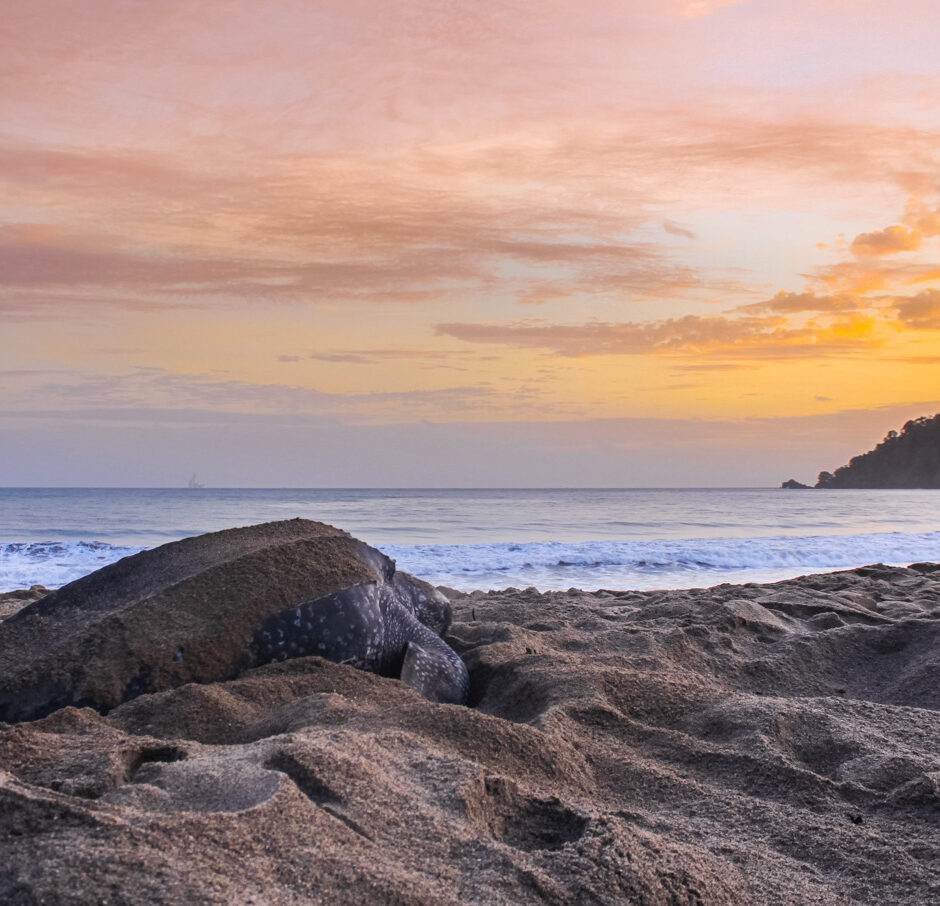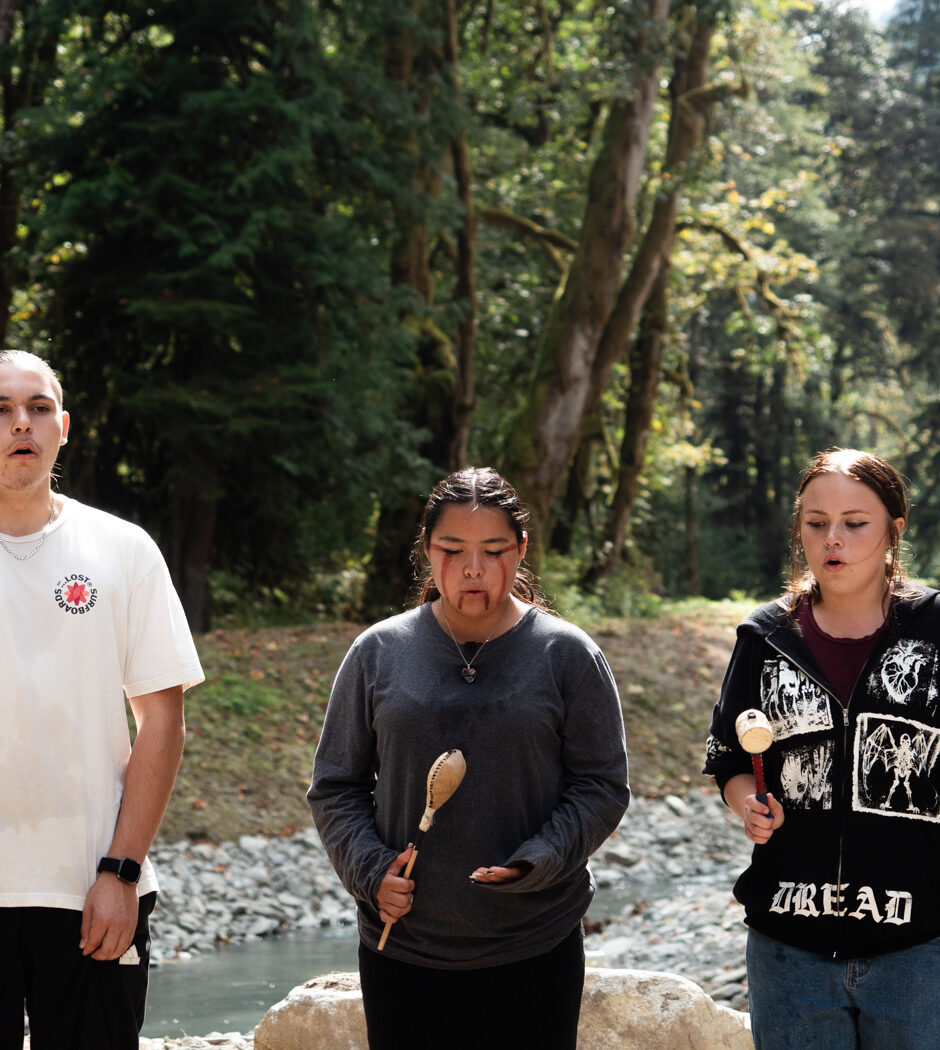Junglekeepers
(Peru)
Region South America
Junglekeepers Las Piedras Corridor

Located at the heart of the Amazon, the Madre de Dios region is Peru’s official “biodiversity capital." Home to more than 30 Indigenous communities, it harbours a record number of threatened and endangered species such as mahogany trees, short-eared dogs, and giant anteaters. Over the last few years, however, the region has grown increasingly affected by threats ranging from extreme weather events to illegal mining and logging.
The Las Piedras Corridor
Junglekeepers operates along the Las Piedras River in the Madre de Dios region of the Peruvian Amazon, a region renowned as Peru’s “biodiversity capital” and one of the most ecologically rich places on Earth.
Nestled within the Tropical Andes/Amazon hotspot, this primary rainforest is bordered by three national parks—Manú National Park, Tambopata National Reserve, and Alto Purús National Park—as well as the Amarakaeri Indigenous Reserve. It is home to 30 Indigenous communities and harbors tens of millions of trees, including the ancient Shihuahuaco, which can grow over 50 meters tall and live for nearly 1,000 years. The forest also shelters an extraordinary range of threatened and endangered species, such as short-eared dogs, macaws, and giant anteaters.
Beyond its biodiversity, the Las Piedras Corridor plays a vital role as a global carbon sink, helping regulate water cycles and weather patterns while safeguarding one of the planet’s most important ecosystems.
Partnership Impact
- 43,326 hectares (107,060 acres) of rainforest protected
- 5 ranger stations established to strengthen on-the-ground protection
- 74,105 km of ranger patrols to protect the rainforest from illegal activities and monitor wildlife
- Over 100 species observed on protected land – including endangered and vulnerable species such as red billed toucans, yellow spotted river turtles, white lipped peccary, giant armadillo, oncilla, tapirs, giant river otters and black spider monkeys
- 1 short film produced, The Heart of a Mission, highlighting conservation efforts and impact and
- 3 episodes produced for On the Frontline Series
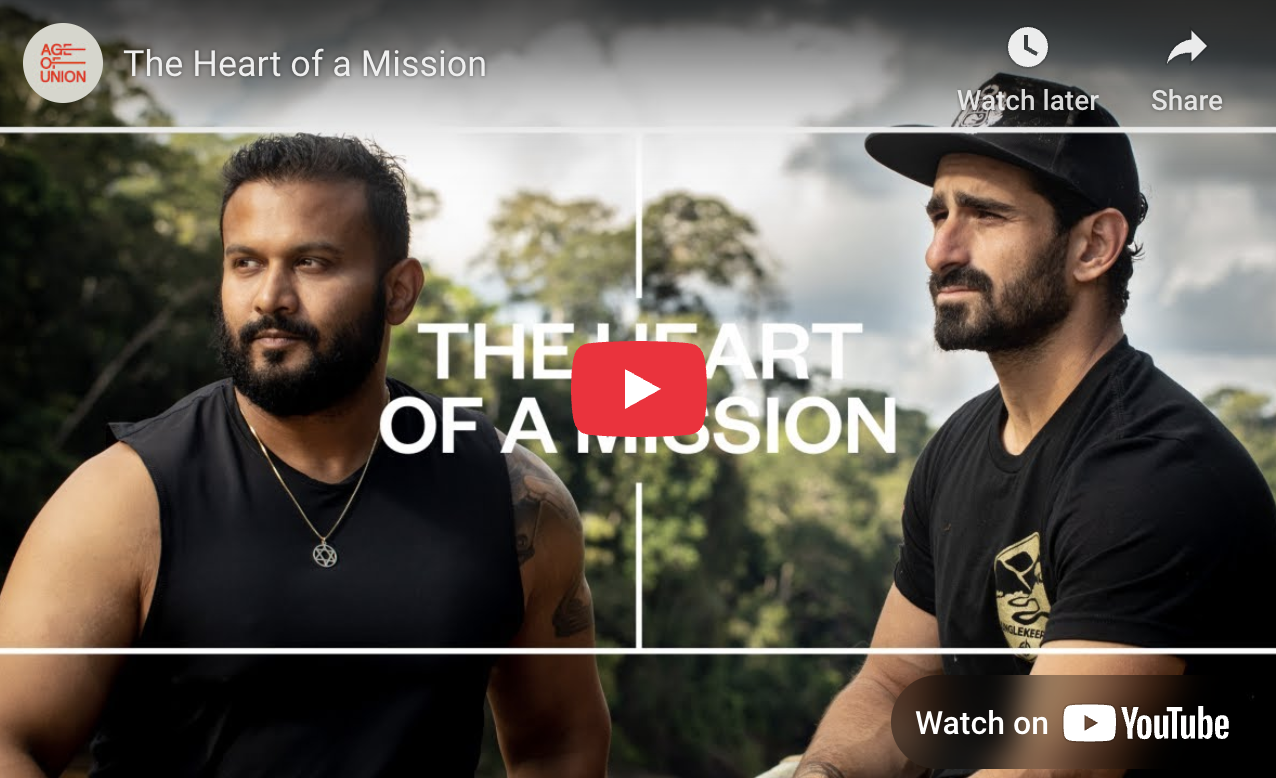
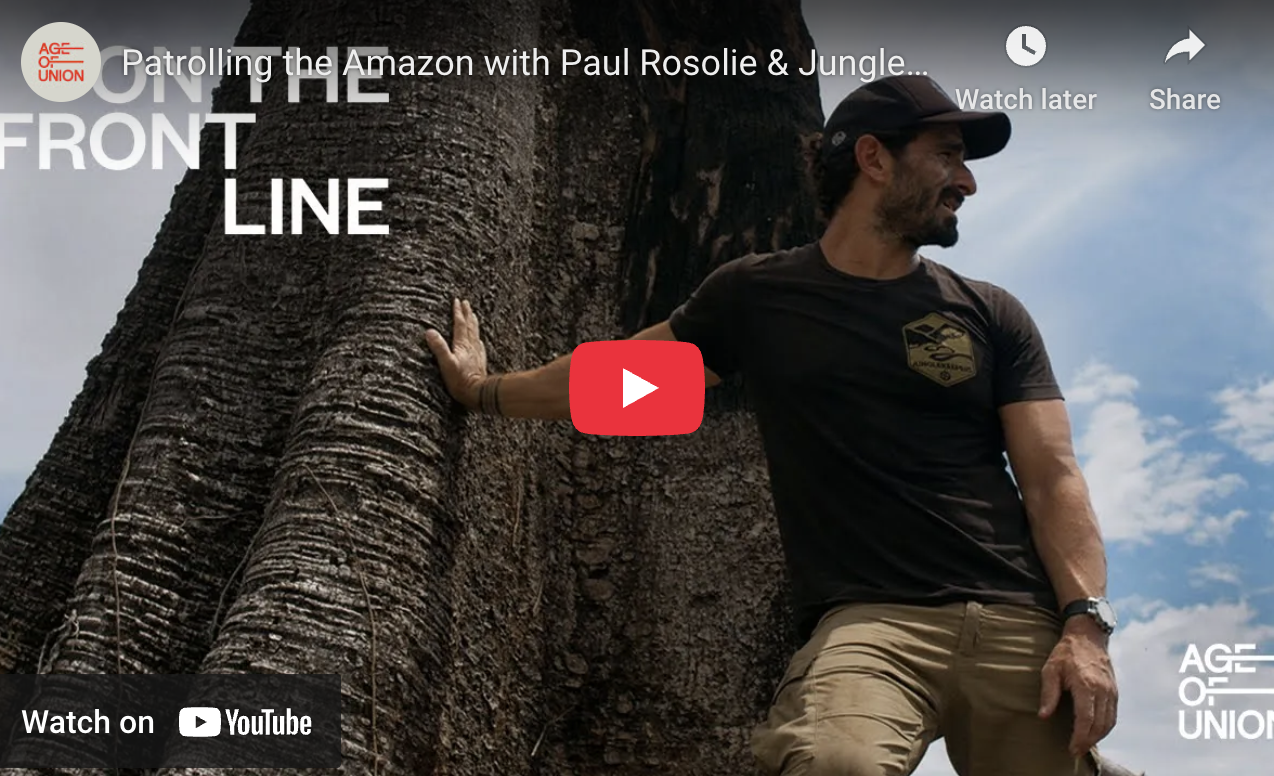
Threats
This region faces mounting threats, including extreme weather events, illegal mining, logging, poaching, and unsustainable agricultural practices. The construction of the Interoceanic Highway in the early 2000s further exacerbated deforestation and habitat degradation, intensifying the strain on the rainforest, its wildlife, and the local communities who depend on it.
Often called the “lungs of the Earth,” the Amazon produces over 20% of the planet’s oxygen. Without conservation efforts, continued destruction could have dire global consequences—accelerating climate change, disrupting weather patterns, eroding biodiversity, and endangering Indigenous cultures. Protecting the Las Piedras Corridor is not just a regional priority; it is a crucial step in safeguarding the planet’s ecological future.
Mission
Junglekeepers’ initiatives to protect the forest are through land management programs and the sustainable ecosystem collaborations of projects, actors and communities in the region. To do so, the project has put in place various strategies such as:
- Acquiring and Protecting Threatened Concessions by securing land rights in a sort of long-term lease from the Peruvian government to protect those areas from illegal and destructive activities via their Ranger program.
- Expanding the Ranger Program and enhancing patrols of protected areas by increasing ranger presence, with a focus on including women and Indigenous people, and integrating technology to amplify impact and knowledge.
- Developing Partnerships with Indigenous Communities living along the Las Piedras River to co-create supportive programs and allowing shared knowledge, such as sustainable cooking initiatives or reforestation that contribute to the overall protection and sustainability of the corridor.
- Creating Alliances with Other NGOs operating in the Las Piedras region to strengthen collective efforts in protecting the rainforest, such as Amazon Shelter
- Implementing technology training for rangers and Indigenous remote communities to use technology to expand monitoring, impact and knowledge of the forest, such as drones and SMART program.
- Collaborating with Local Universities to facilitate research projects to deepen understanding of the ecosystem and inform conservation strategies.
Iconic species
Species recorded on the existing protected lands include more than 480 bird species, 11 species of monkeys, and at least 19+ IUCN list threatened and endangered species. Endangered species include the spider monkey and giant otter. Nearly threatened include the Jaguar and Harpy eagle. Some species such as the green anaconda and the iron wood trees have yet to be assessed by the IUCN. The macaws in Peru (especially blue/yellow, scarlet/red/green) are diminishing in number but still not classified as vulnerable. One of the contributing factors to the decrease in numbers is the logging of the ironwood, which the macaws use as nests.
People ()
The
change
makers
Juan Julio Durand
Co-Founder & Field Director
Puerto Maldonado, Peru
Junglekeepers was started by JJ 20 years ago after he began to see the destruction of the pristine forests that he called home along the Las Piedras River. He is an expert on all the flora and fauna of the forest, head trainer of the rangers and handles local community relations.
Paul Rosolie
Founder & Field Director
Brooklyn, New York
Originally from Brooklyn, New York. Paul's insatiable passion for wildlife and adventure led him to his mentor, JJ, in the depths of the Amazon rainforest. Paul is also a published author and has dedicated his life to saving the rainforest.
Dina Tsouluhas
Co-Founder & Field Director
Montreal, Quebec
Originally from Montreal, Dina fell in love with the rainforest after leading a yoga retreat along the Las Piedras river. Dina is the head of the administration department and runs the ranger station, and is dedicated to working alongside the rangers to protect the rainforest.
Roy Riquelme
Secretary
Puerto Maldonado, Peru
Roy is in charge of protecting the indigenous communities that still live remotely in the forest. His presence ensures the balance between the conservationists, the land and the indigenous communities. He is also passionate about educating the local communities through food and how to sustainably harvest the rich foods of the rainforest.
More projects
Africa
Re:wild
(Madagascar)
South America
Juma Institute
(Brazil)
North America
Kenauk
(Canada)
Caribbean
Nature Seekers
(Trinidad)
North America
